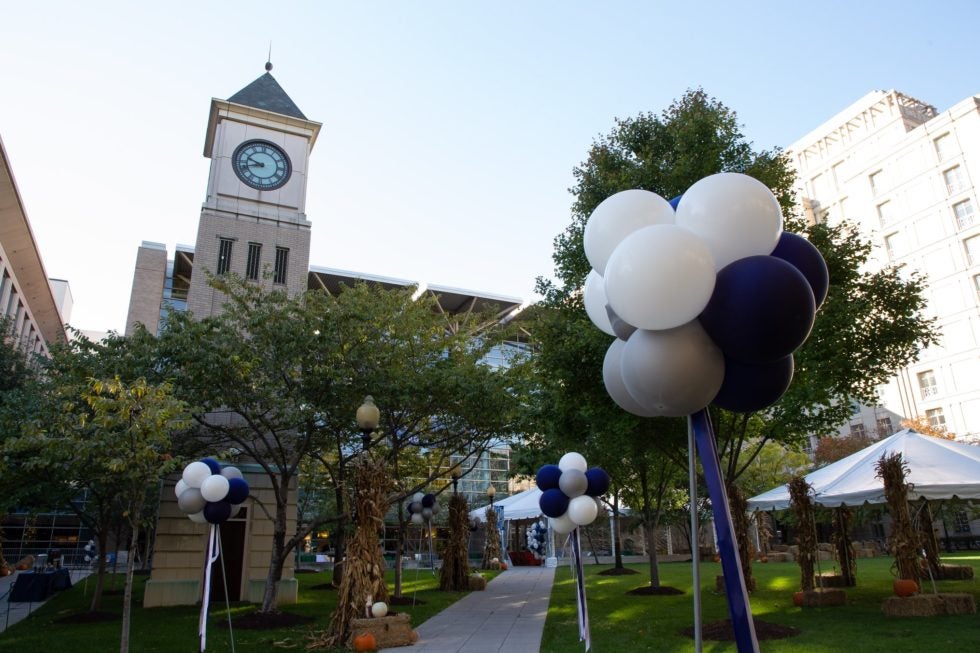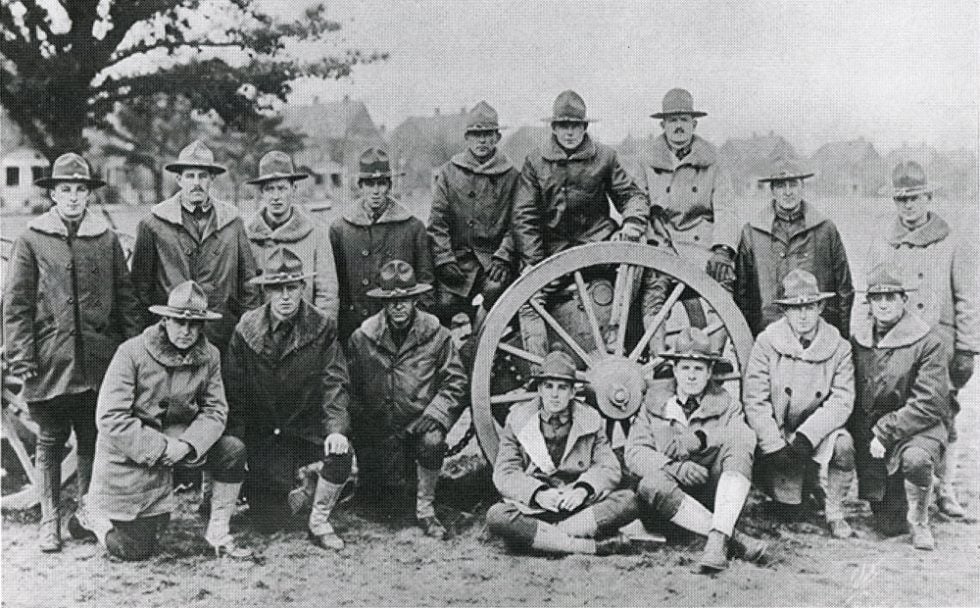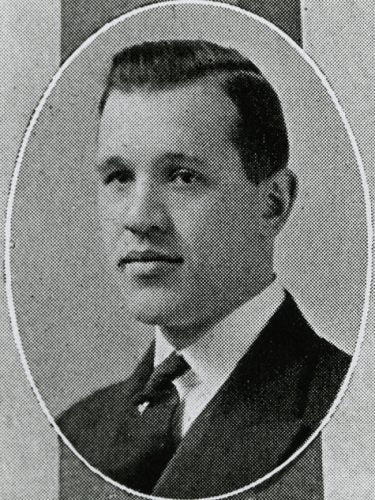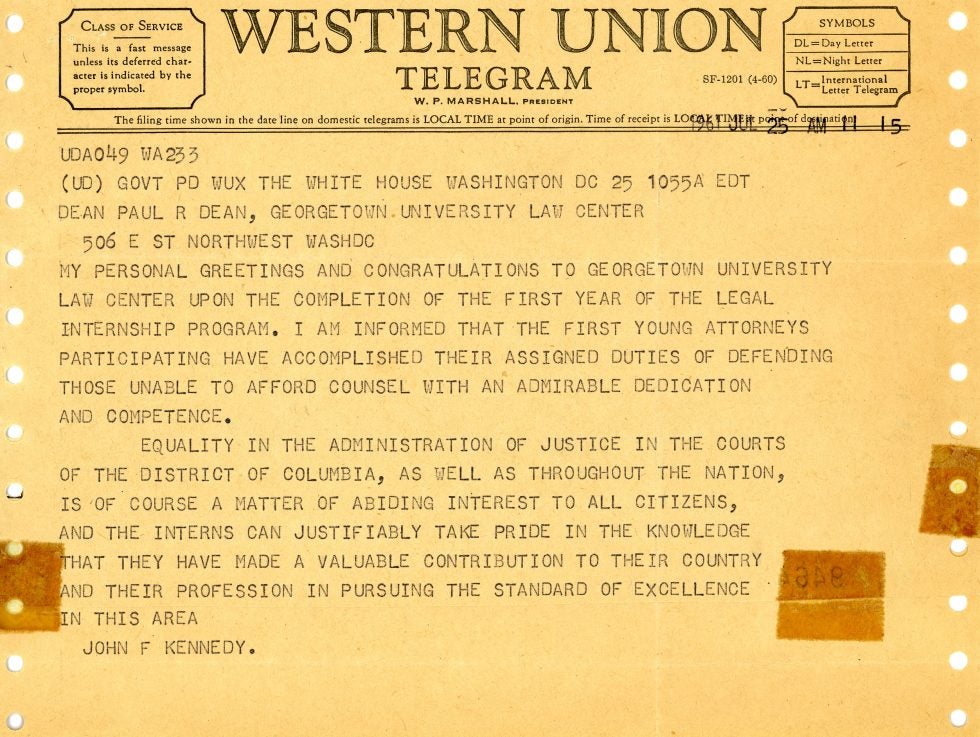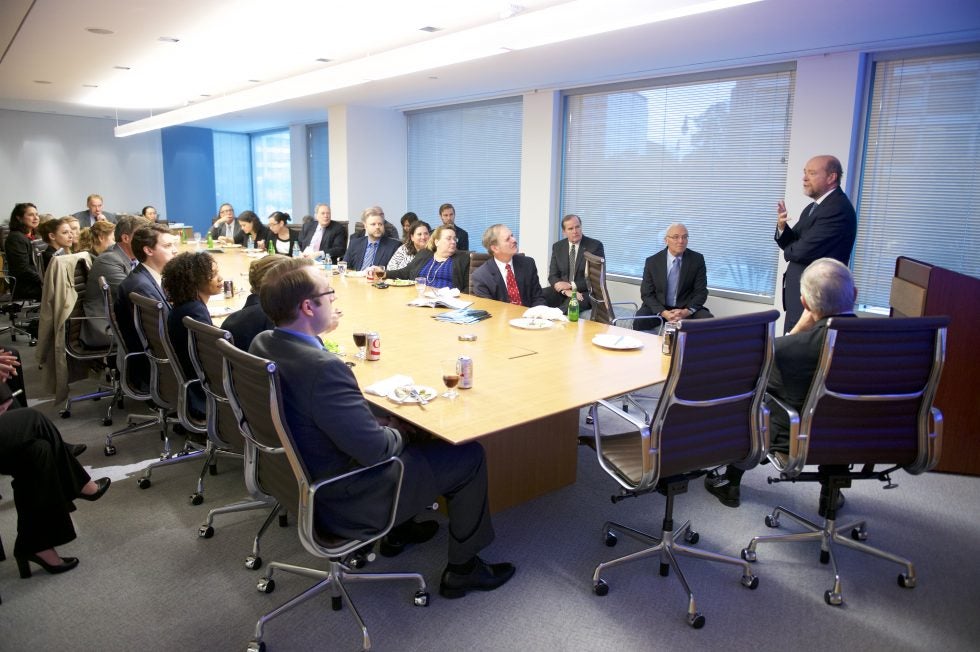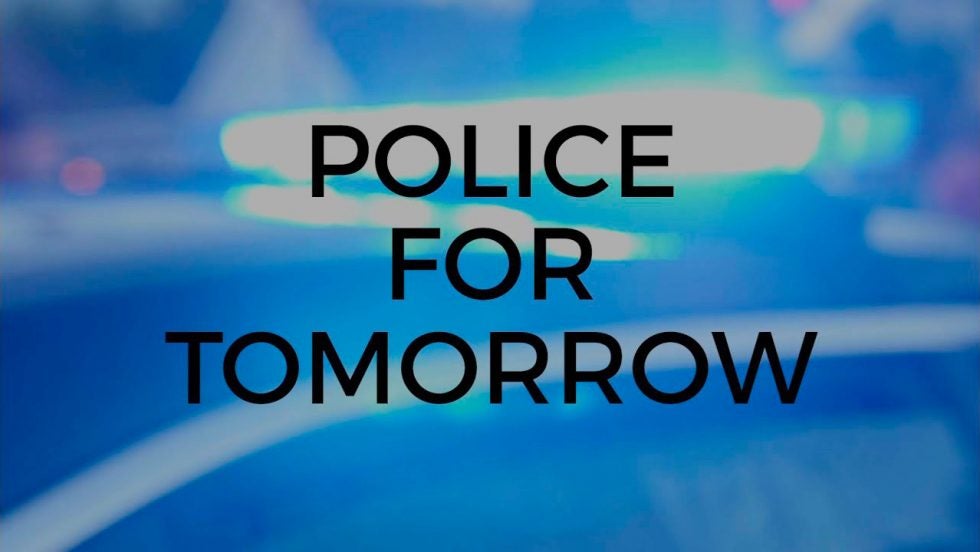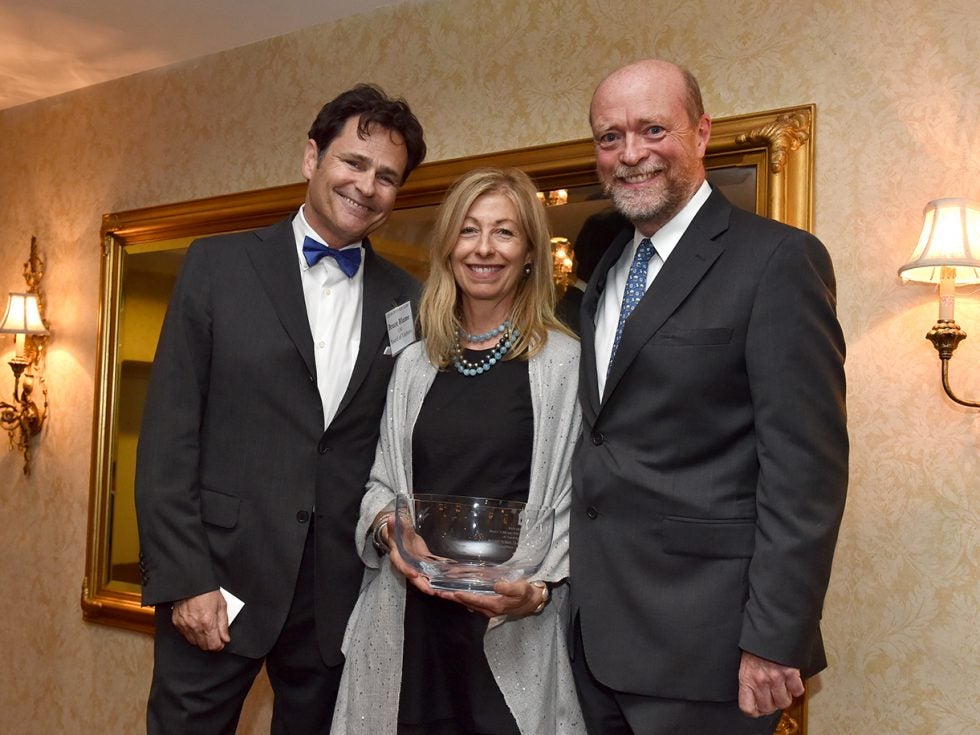Georgetown Law Beginnings
In March, a law school for Georgetown University is approved by the University’s Board of Directors. The first public announcement of the new school is made at Commencement that June. Since the Law Center has no charter separate from the University’s, the date of its first classes is celebrated as its founding date.
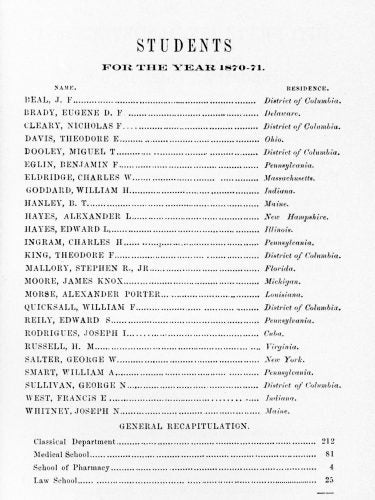
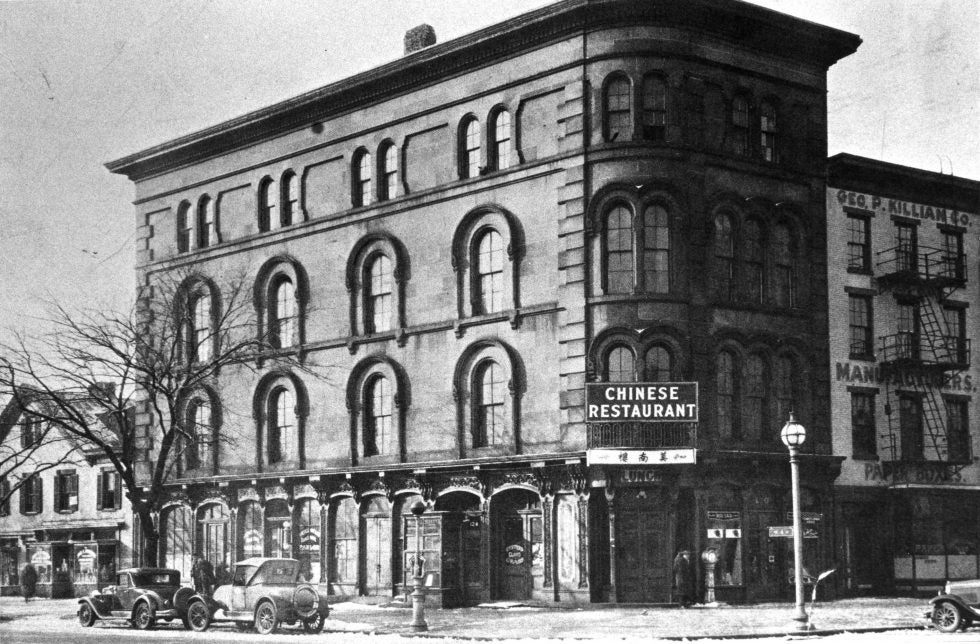
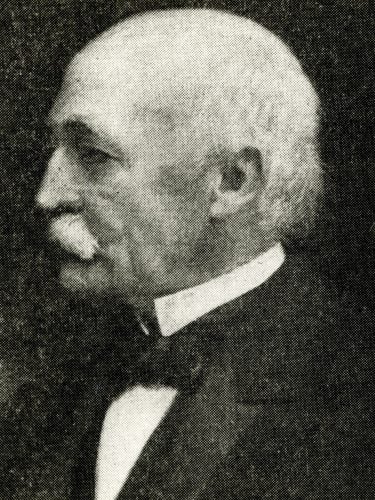
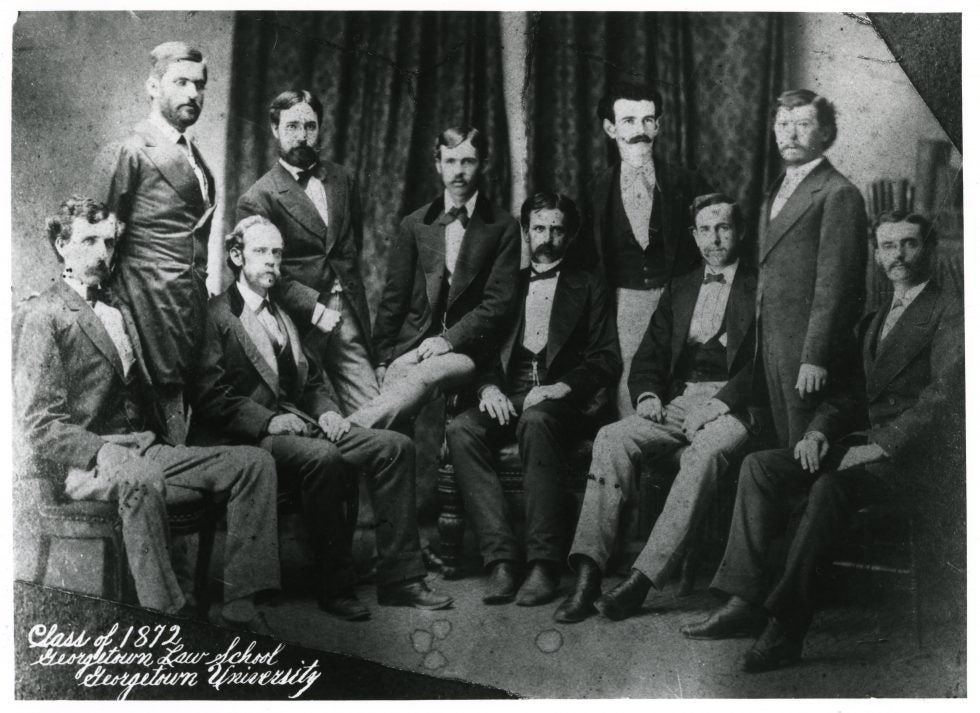
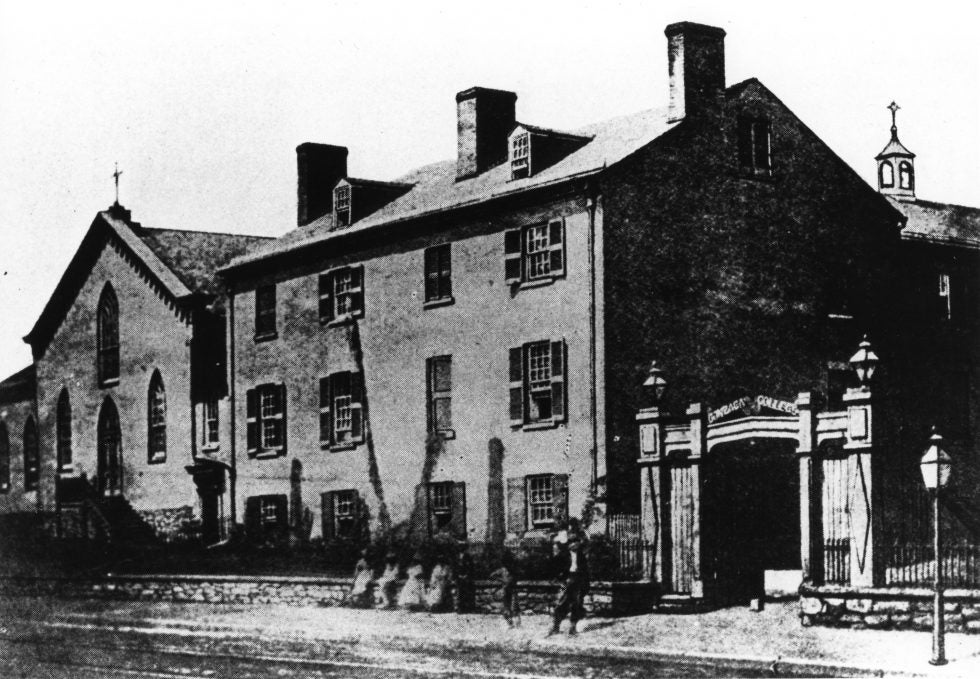
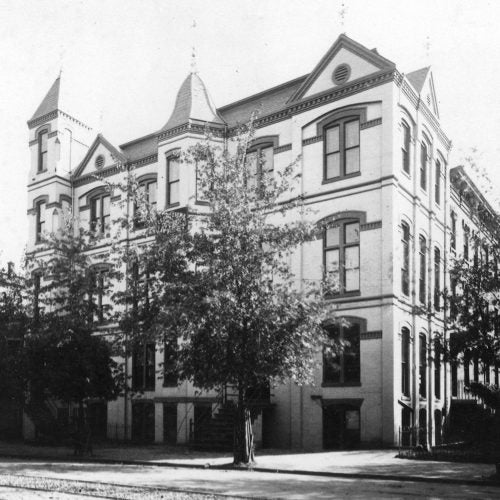
Early Leaders of Georgetown Law
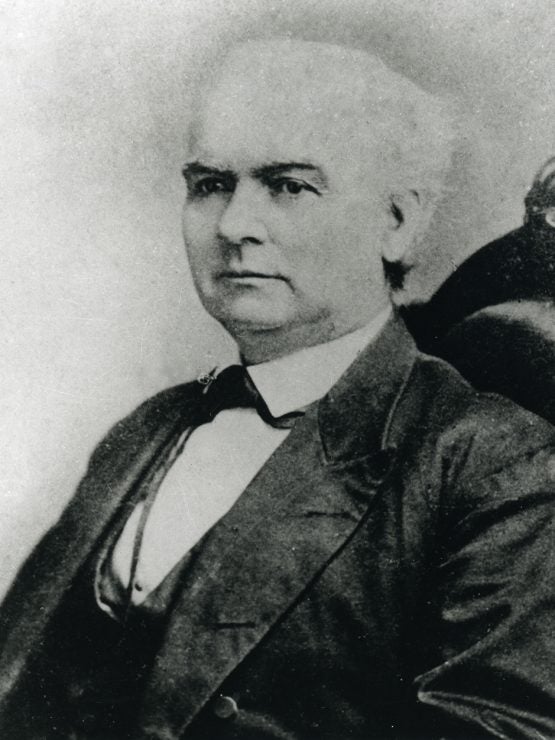
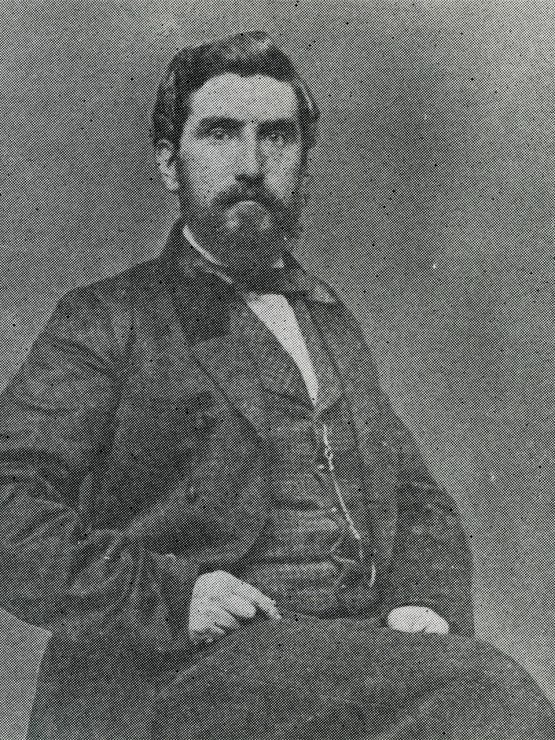
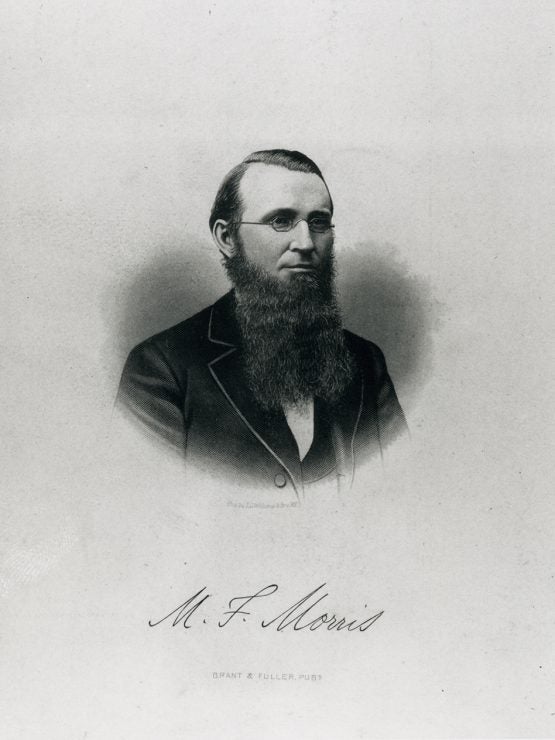
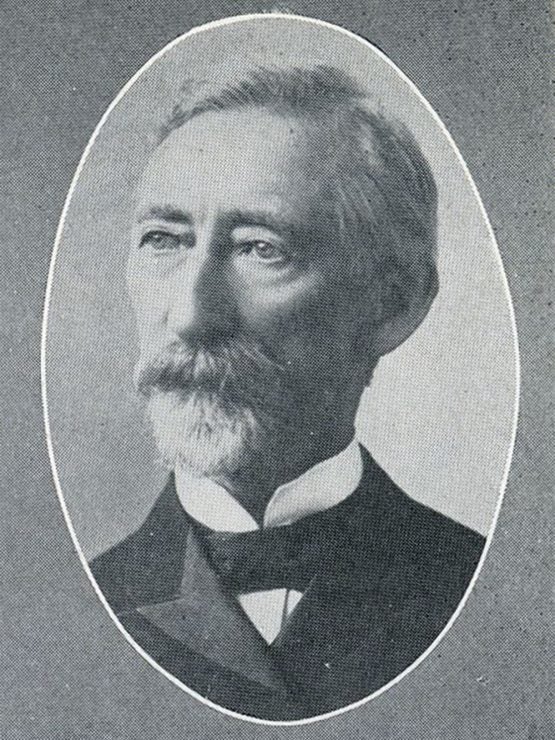
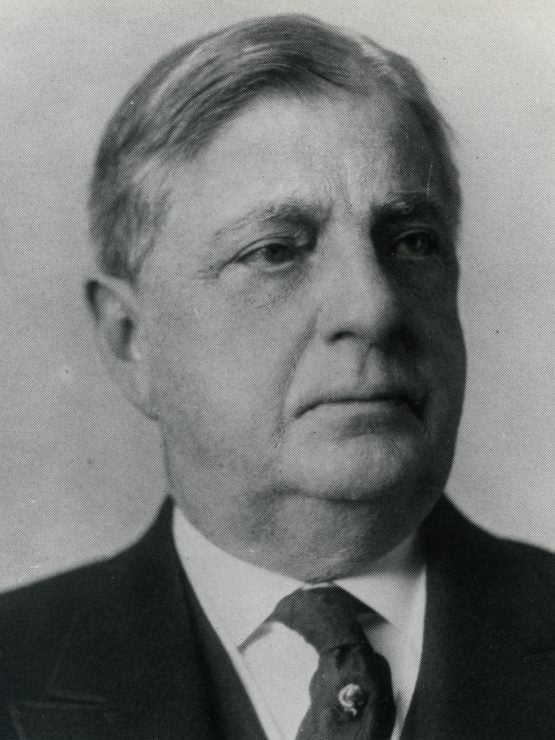
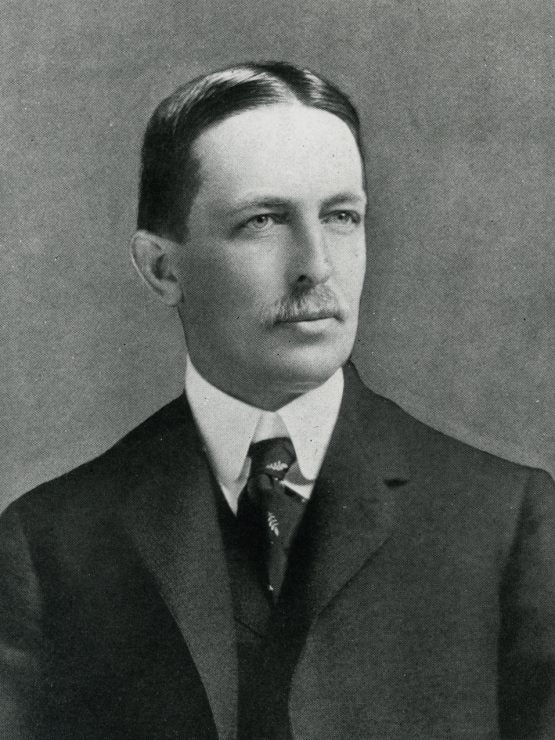
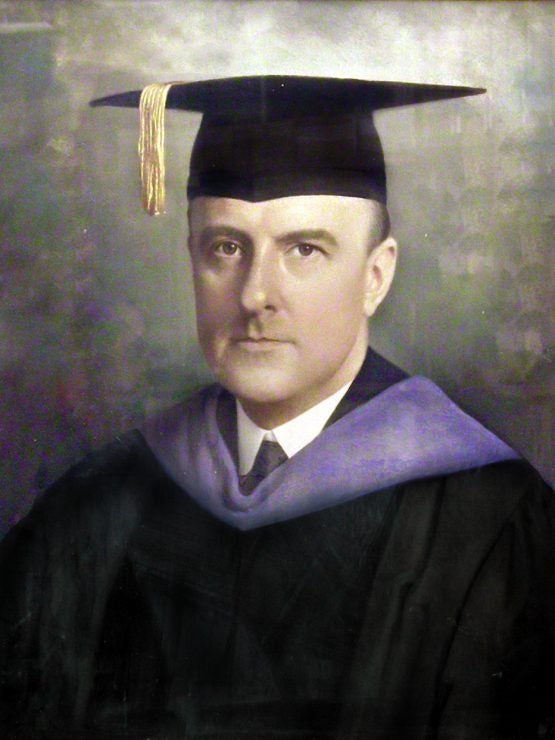
Yasimori Asada becomes the first Japanese student to enroll in the Law School.
One-year LL.M. program is established. Eight students enroll.
Law Library opens. It will grow to house a collection of 1.7 million items.
About the Library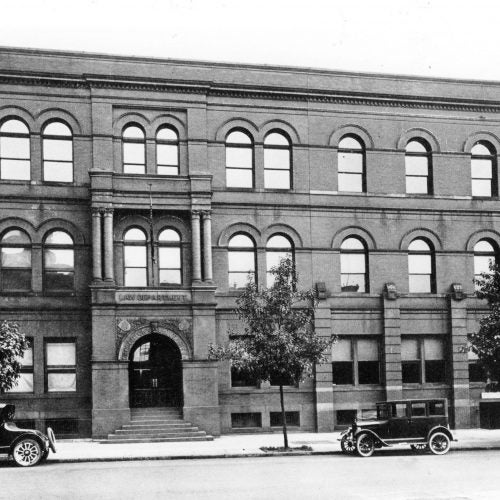
E Street Campus
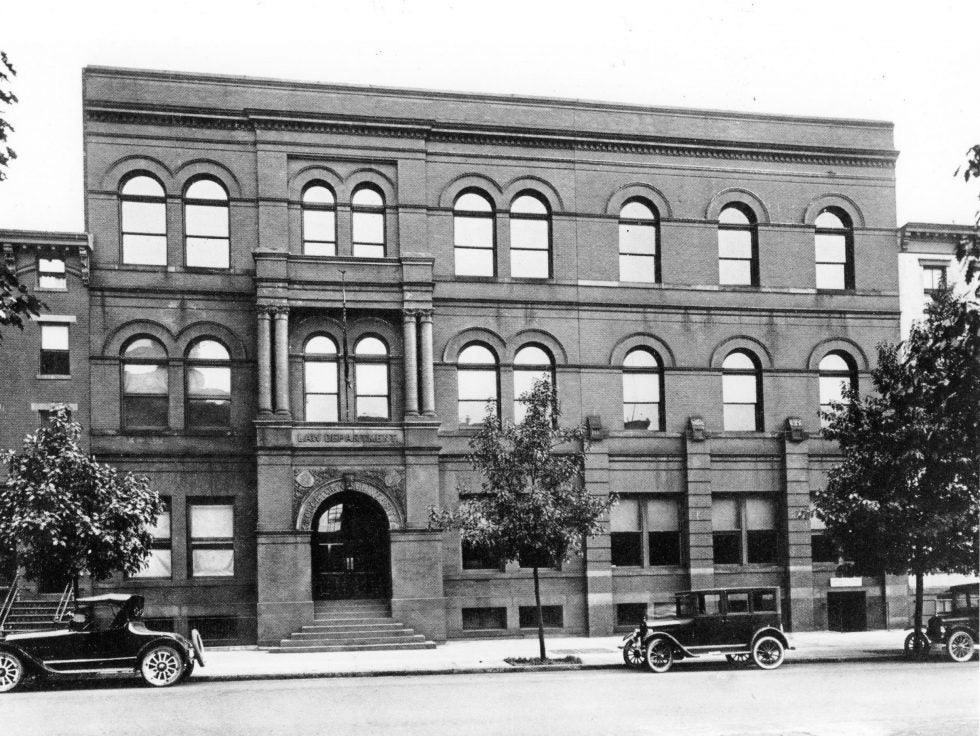
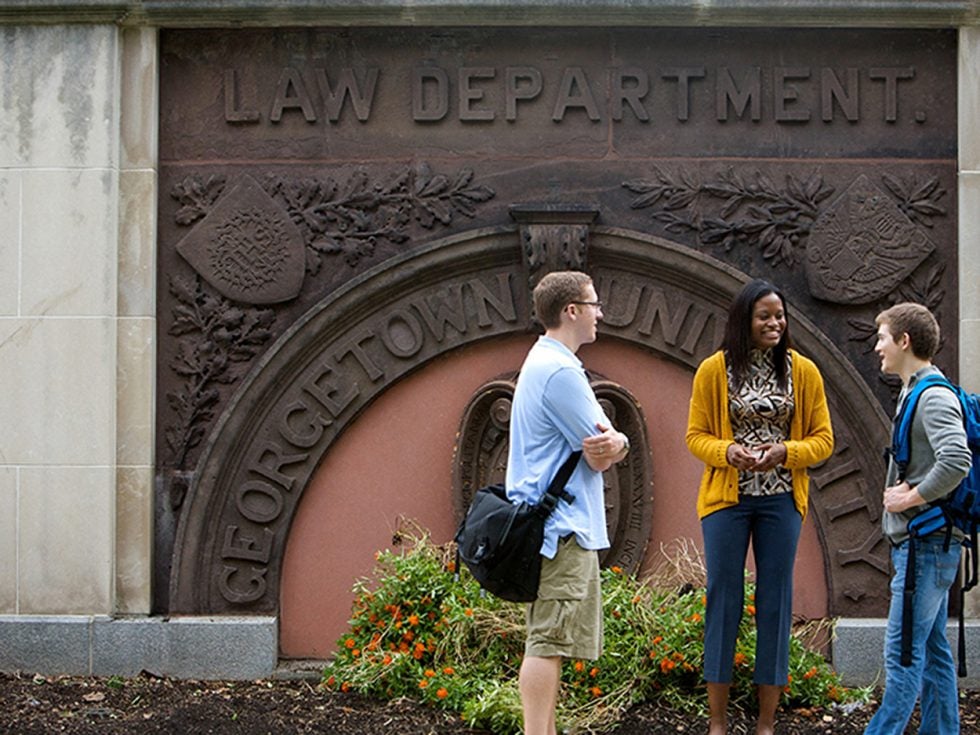
Simon R. Walkingstick, a member of the Cherokee Nation, becomes the Law School's first Indigenous American student.
National law fraternity Phi Alpha Delta establishes its Taft Chapter at the Law School.
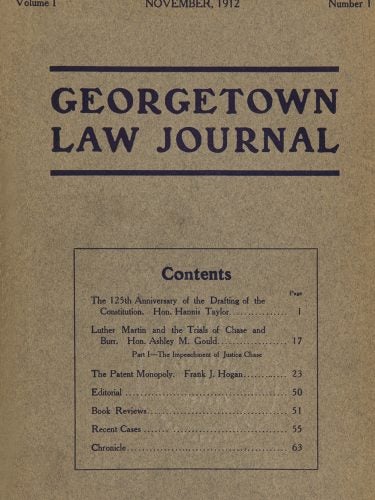
Establishment of three-year day program, predecessor of the J.D. program
Law School is first accredited by the American Bar Association.
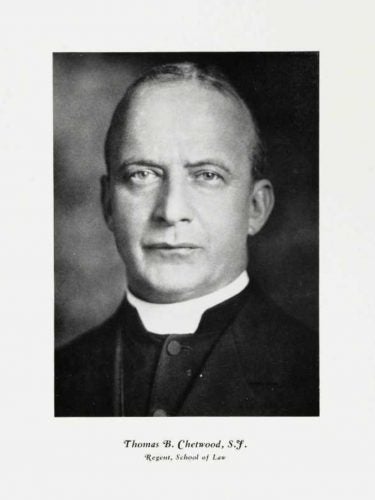
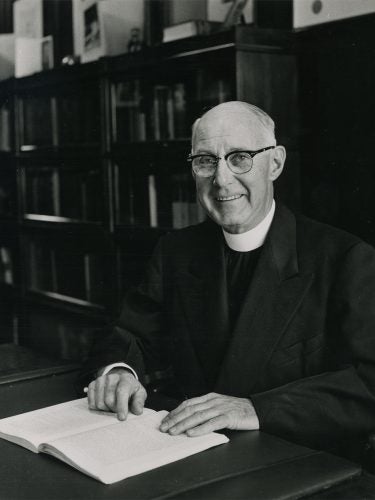
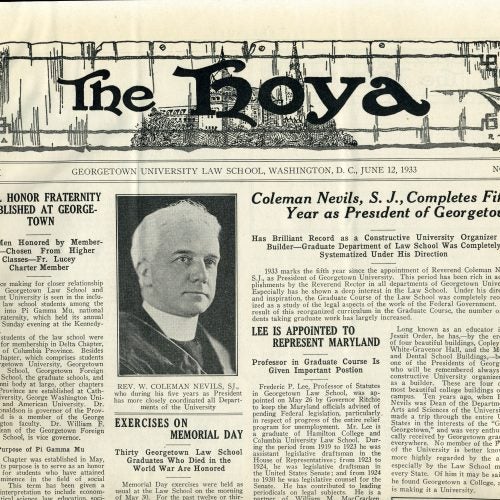
Alumni Publications
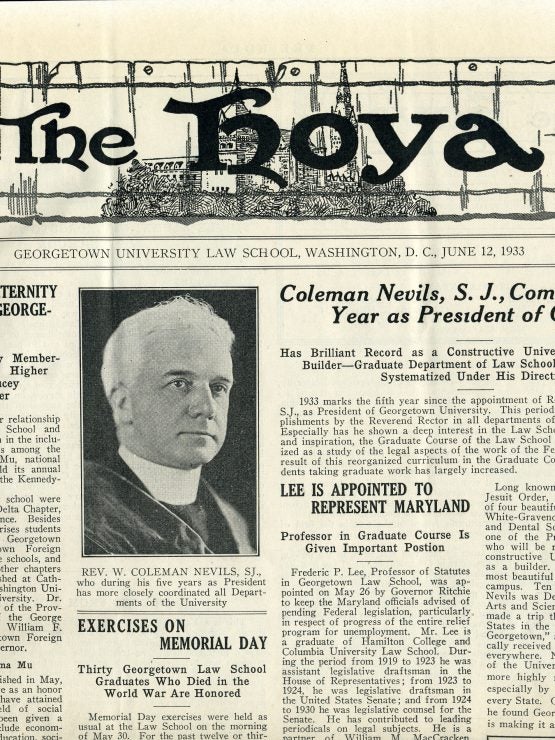
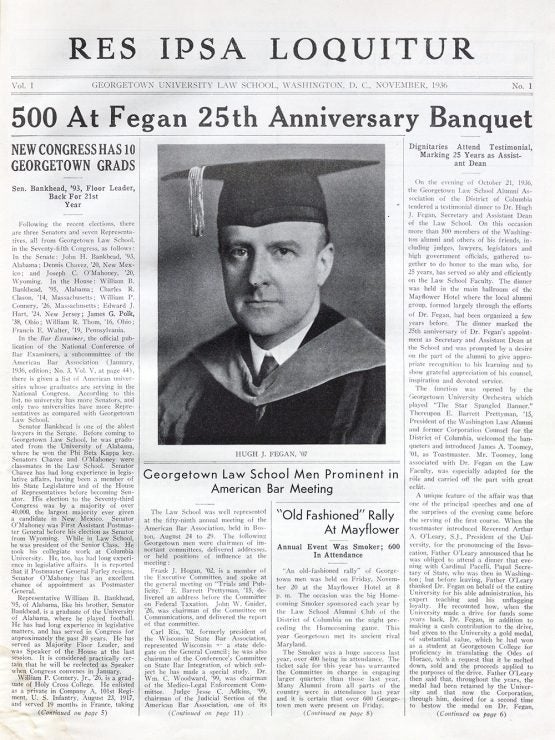
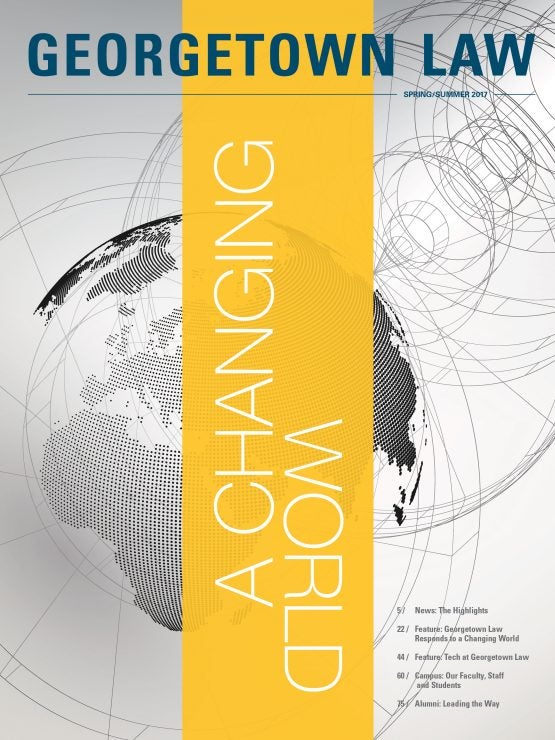
S.J.D. degree is established.
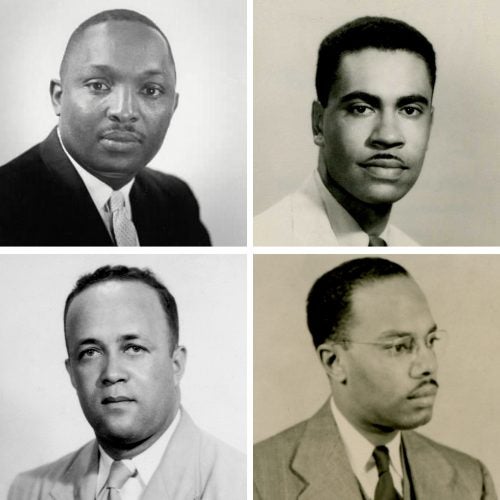
First African American Students Admitted
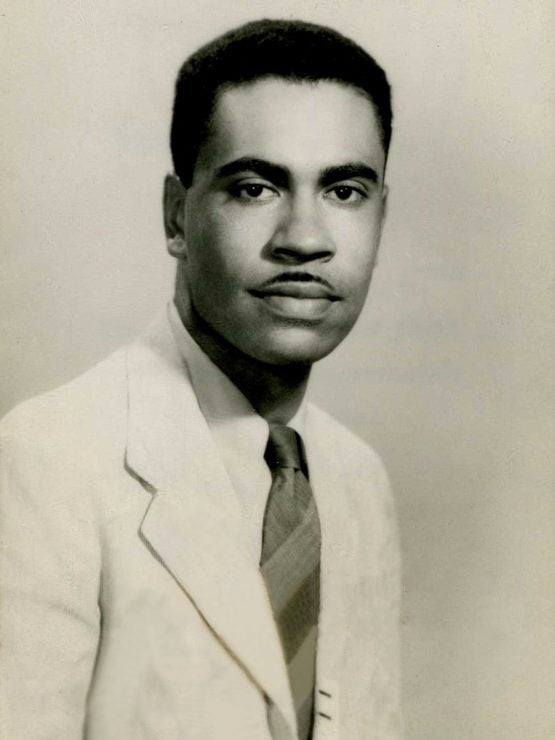
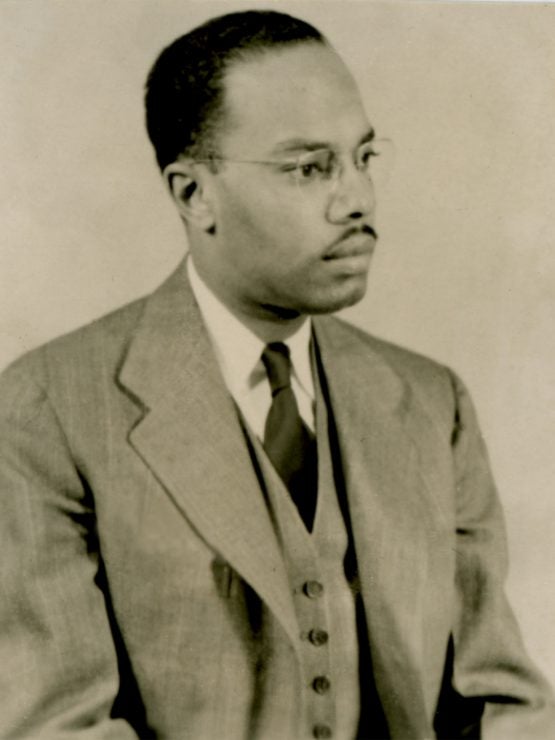
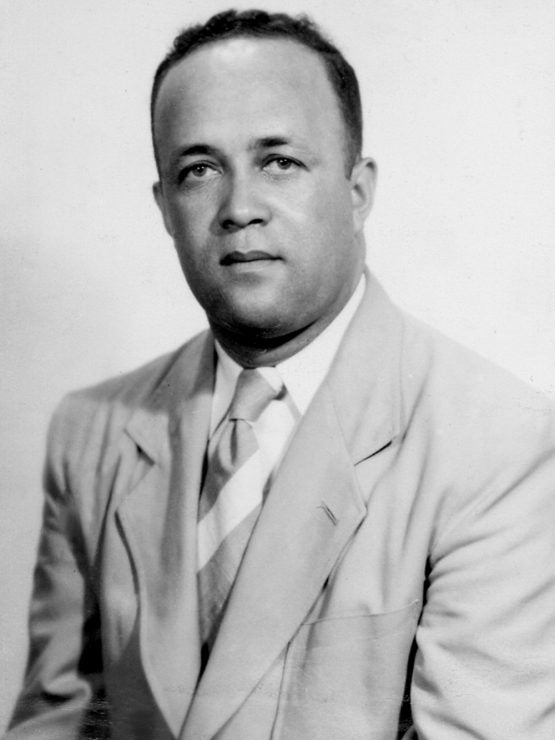
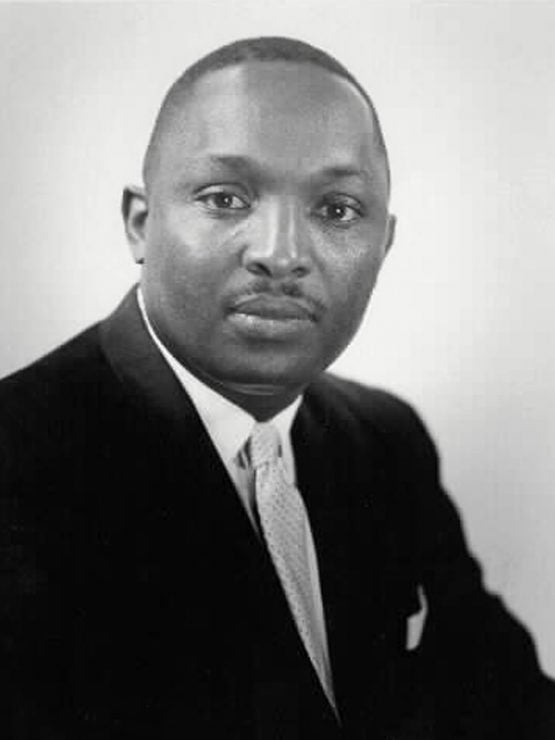
Georgetown wins the inaugural National Moot Court Competition, foretelling many years of success.
Student Bar Association is established.
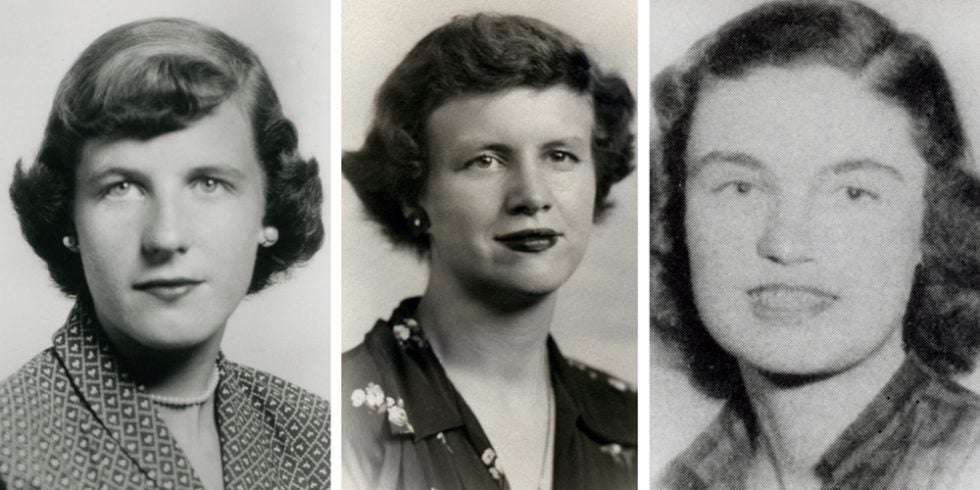
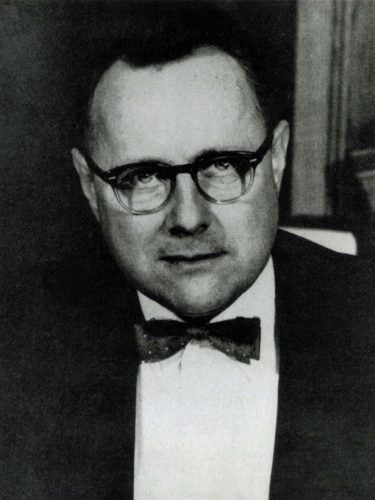
First Research Center
They will tackle critical global challenges with innovative legal and policy solutions, frequently offering students opportunities to work closely with the top legal practitioners and policy makers of the day.
The first center is the Institute for Foreign and International Trade Law, founded by Prof. Heinrich Kronstein (SJD’40, H’67).
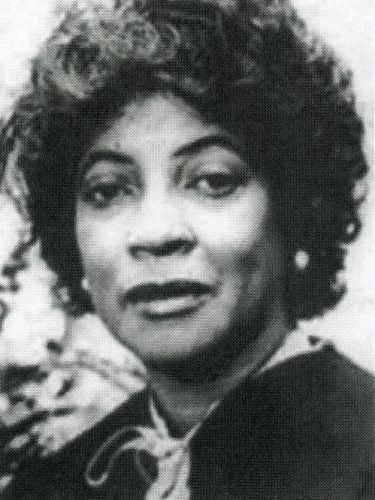
Student-run newspaper Georgetown Law Weekly begins publication.
The University's Board of Directors approves the Law Center’s proposal to begin awarding J.D. degrees, rather than LL.B's, beginning with the class of 1967. Graduates from prior years may petition the Law Center to receive J.D.'s.
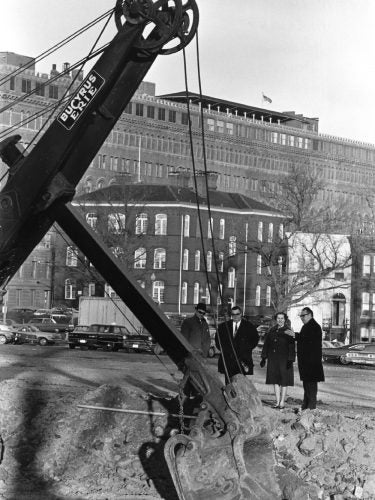
Black Law Student Association is established.
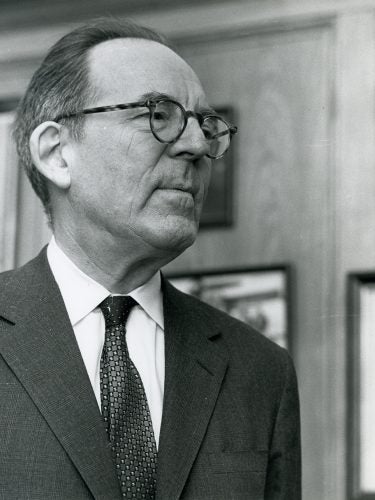
Law Students in Court
The program, later renamed Rising for Justice, enables students to provide quality legal representation, assistance, and counseling to low-income clients in the District of Columbia.
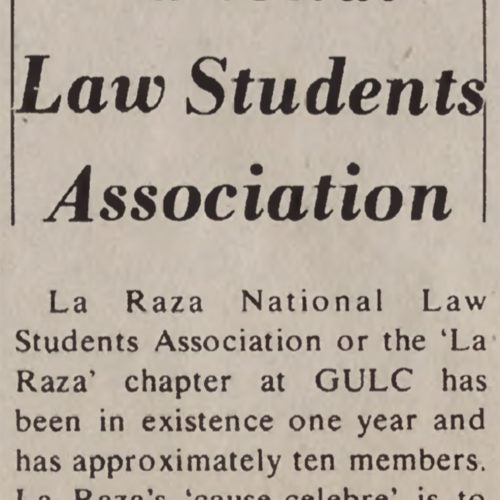
Students launch La Raza, predecessor to Latin American Law Students Association
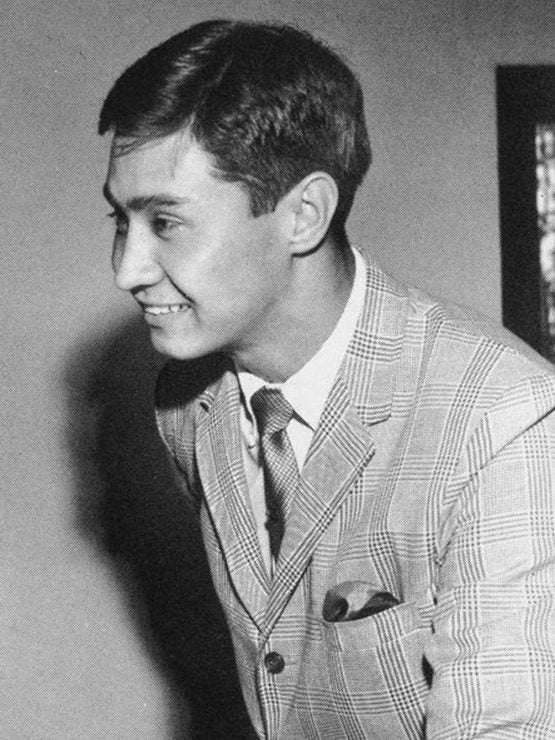
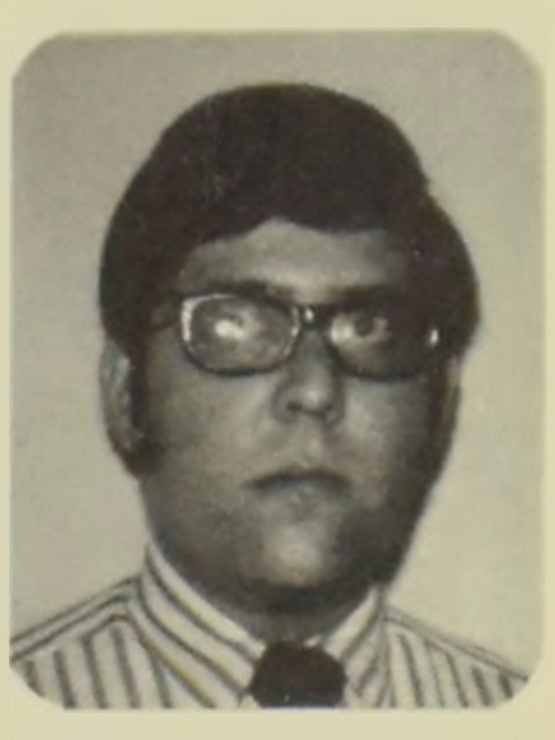
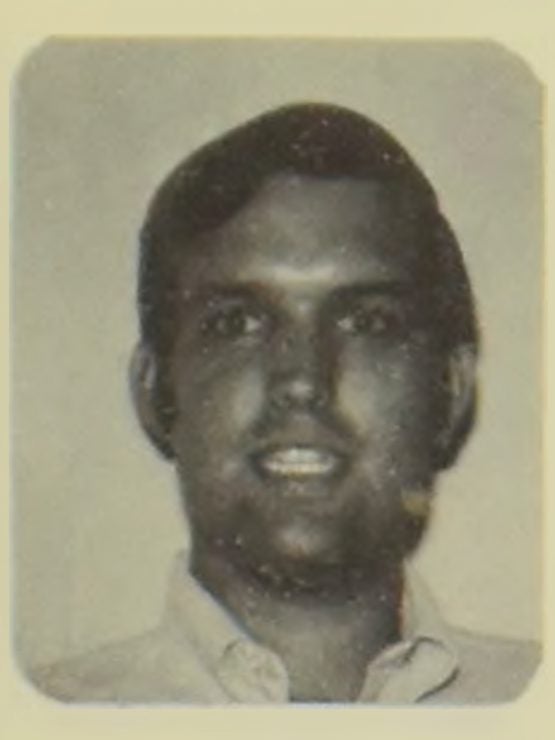
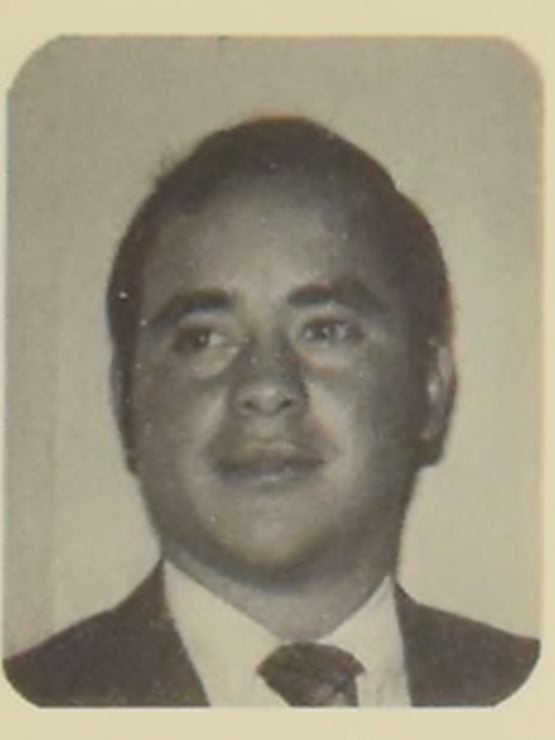
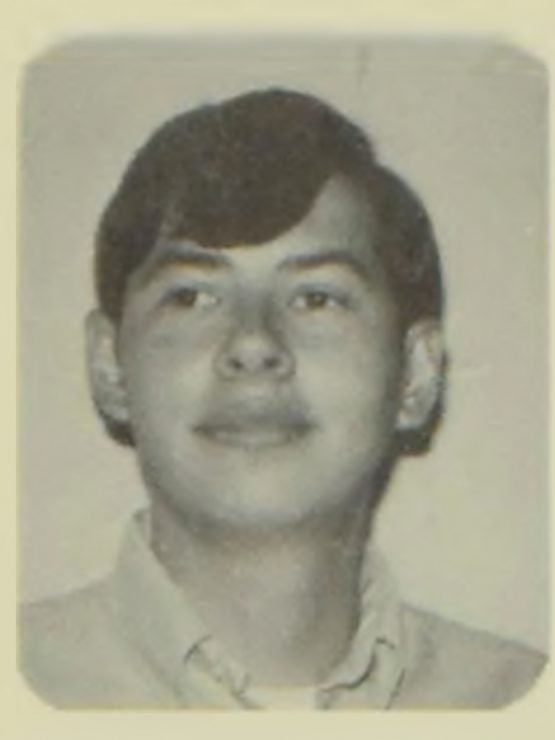
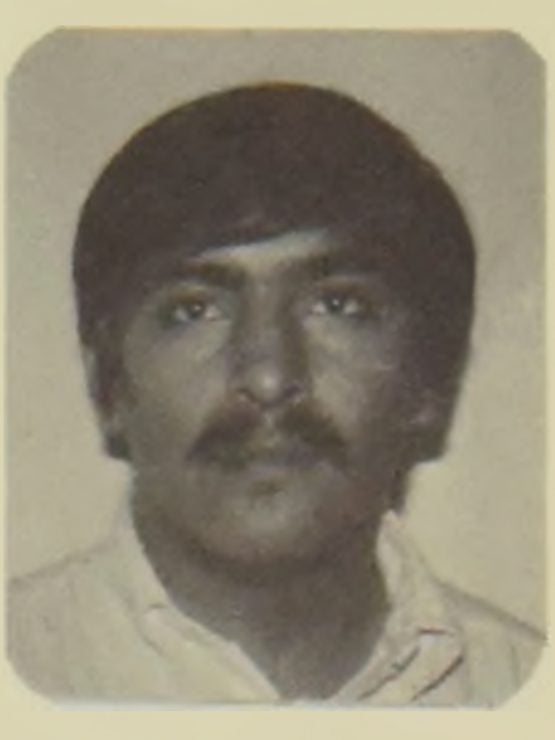
Women's Rights Collective launches. In 1990, it becomes the Women's Legal Alliance.
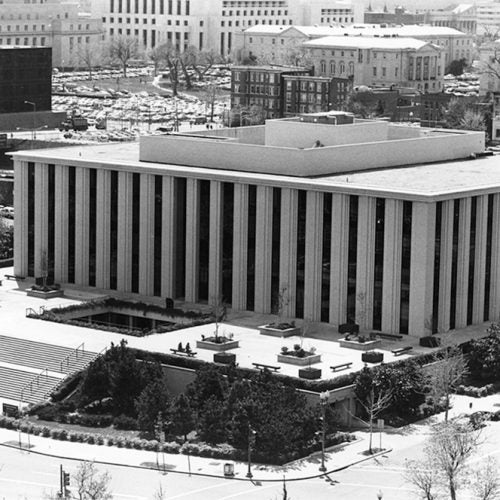
Dedication of Bernard P. McDonough Hall
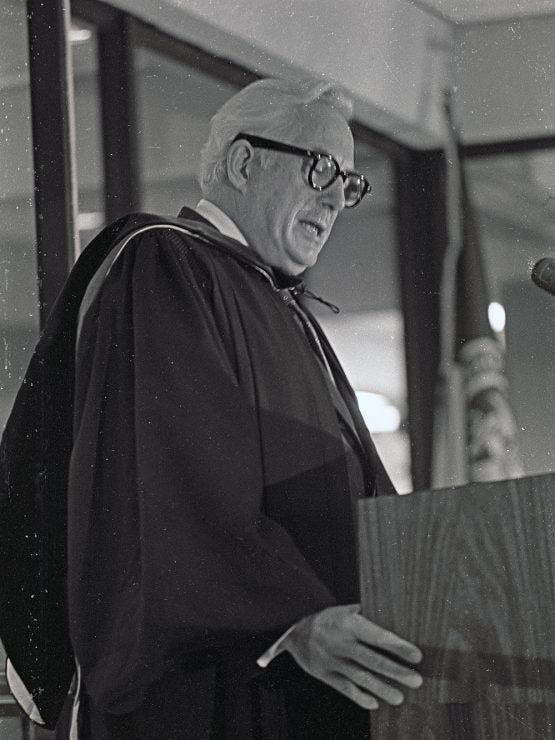
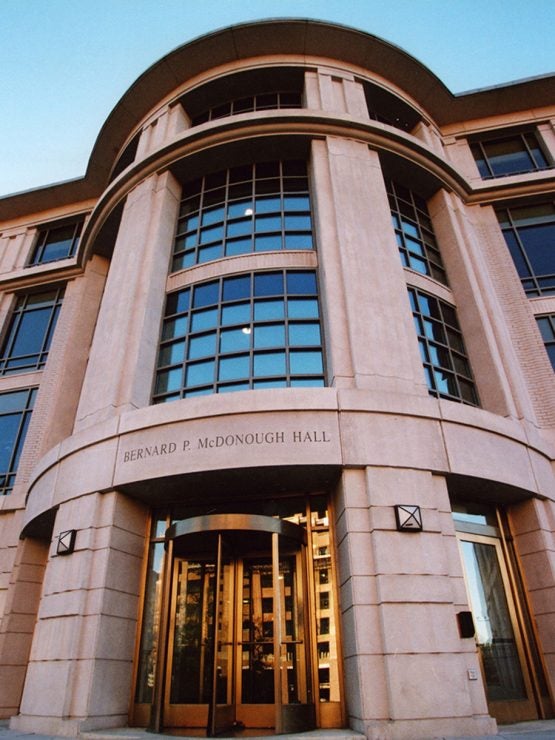
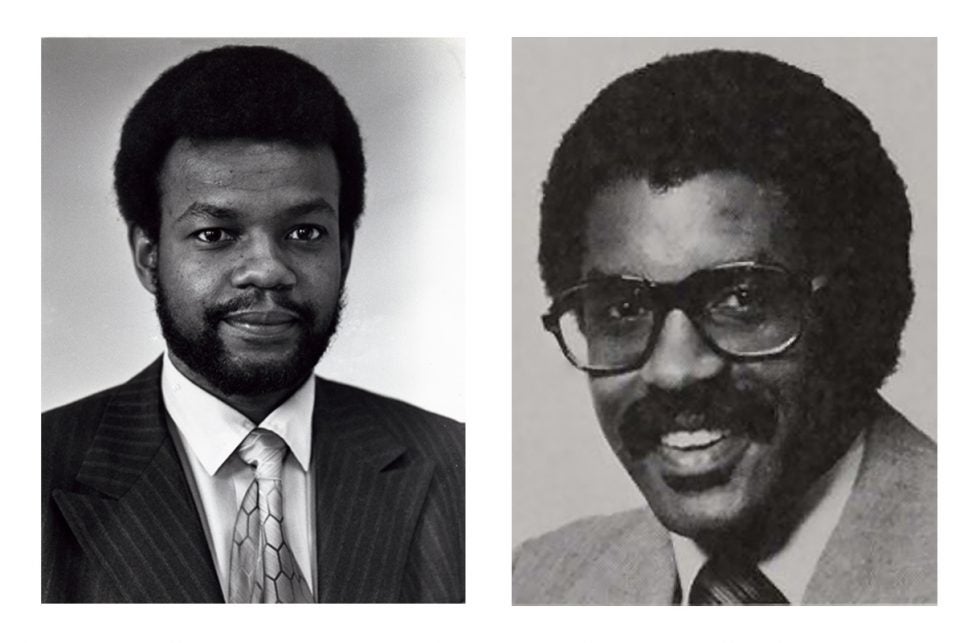
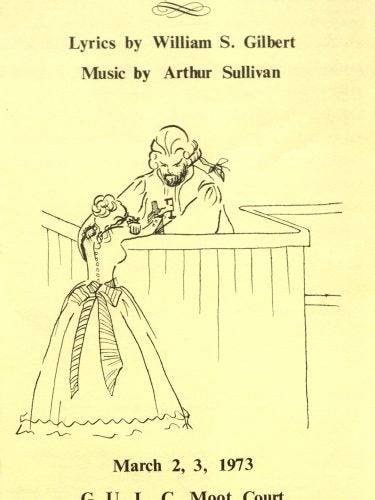
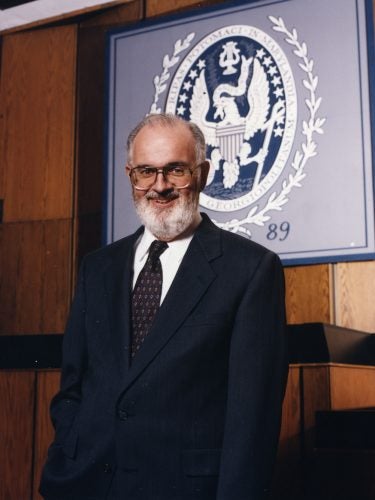
Asian Pacific American Law Students is established.
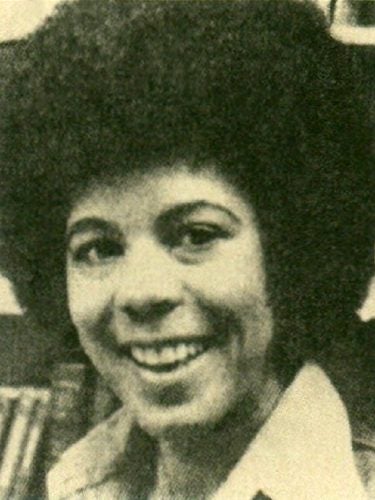
Jewish Law Students Association is formed.
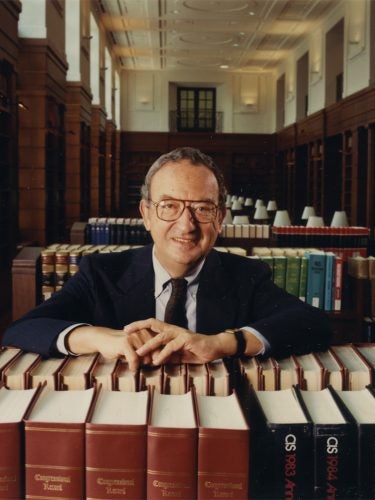
Federalist Society is established.
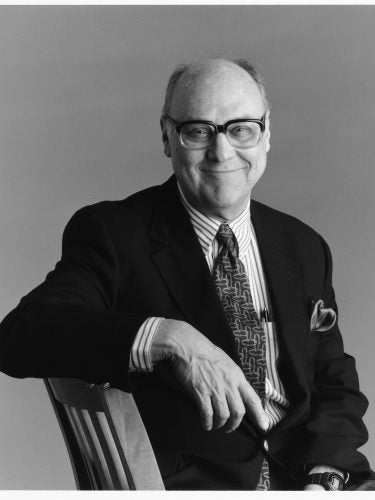
Law Alumni Board meets for the first time.
Georgetown team wins Moot Court World Championship.
OutLaw, the Law Center's LGBTQ+ student organization, gains official recognition from the University.
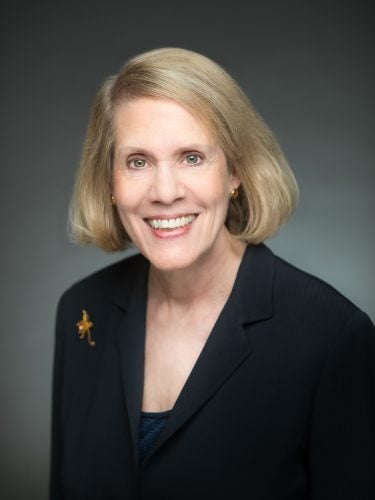
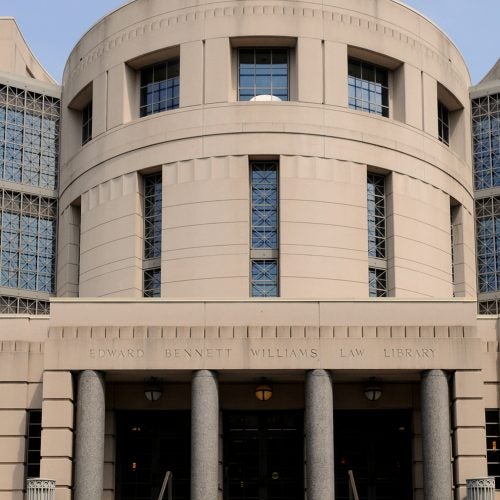
Edward Bennett Williams Law Library
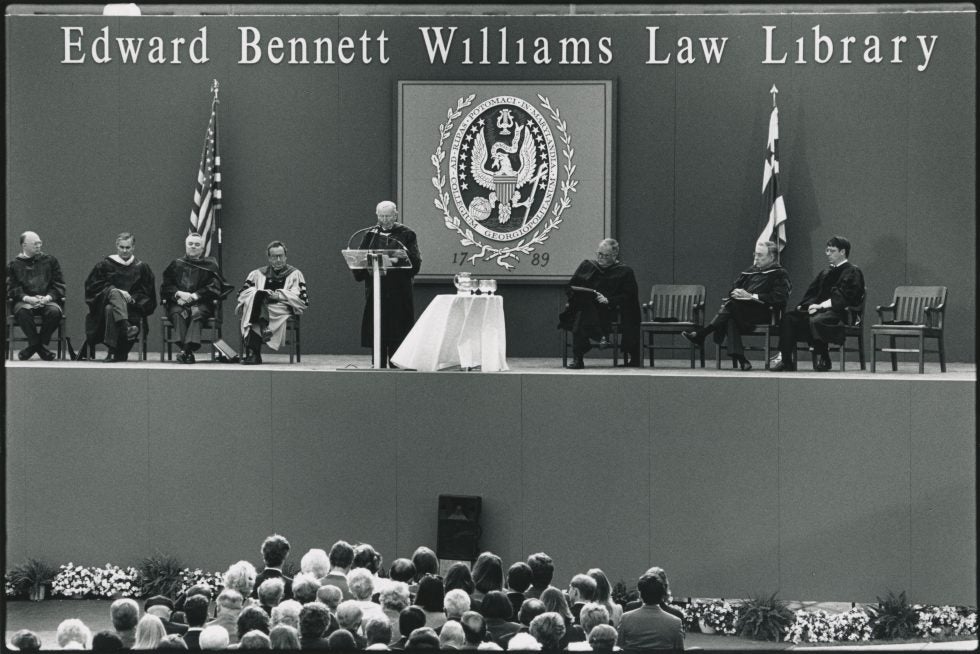
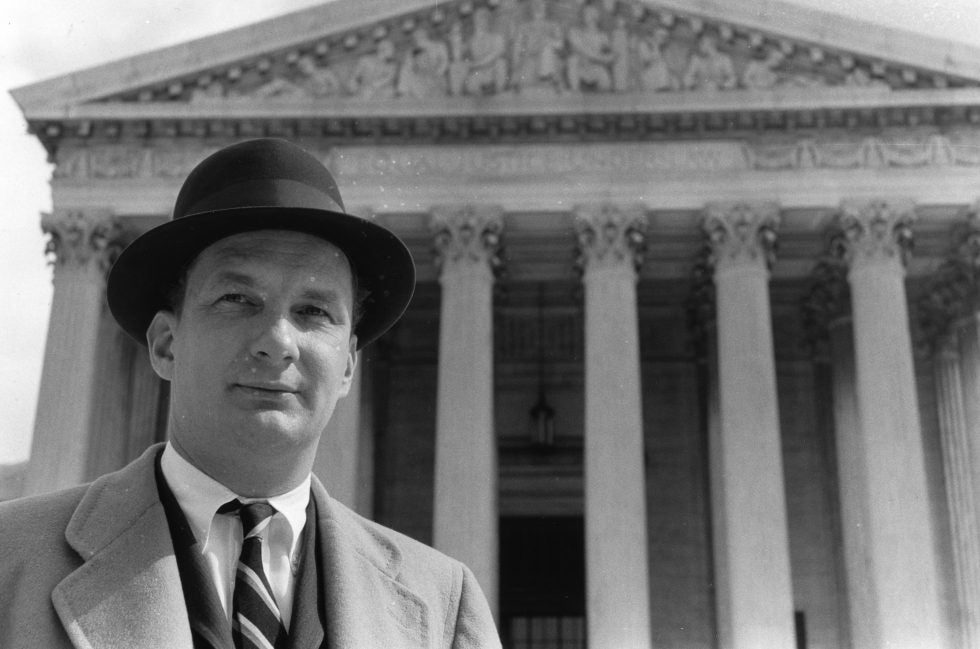
Board of Visitors is established.
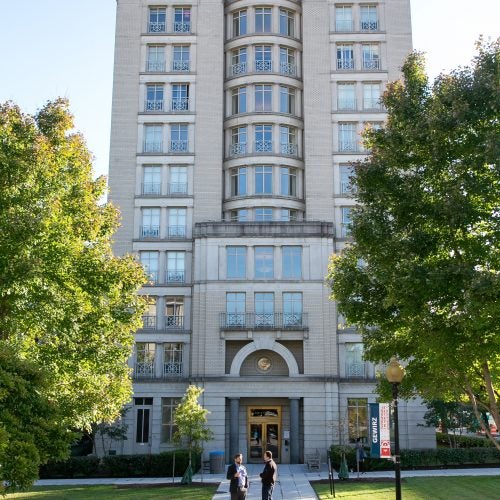
Gewirz Student Center
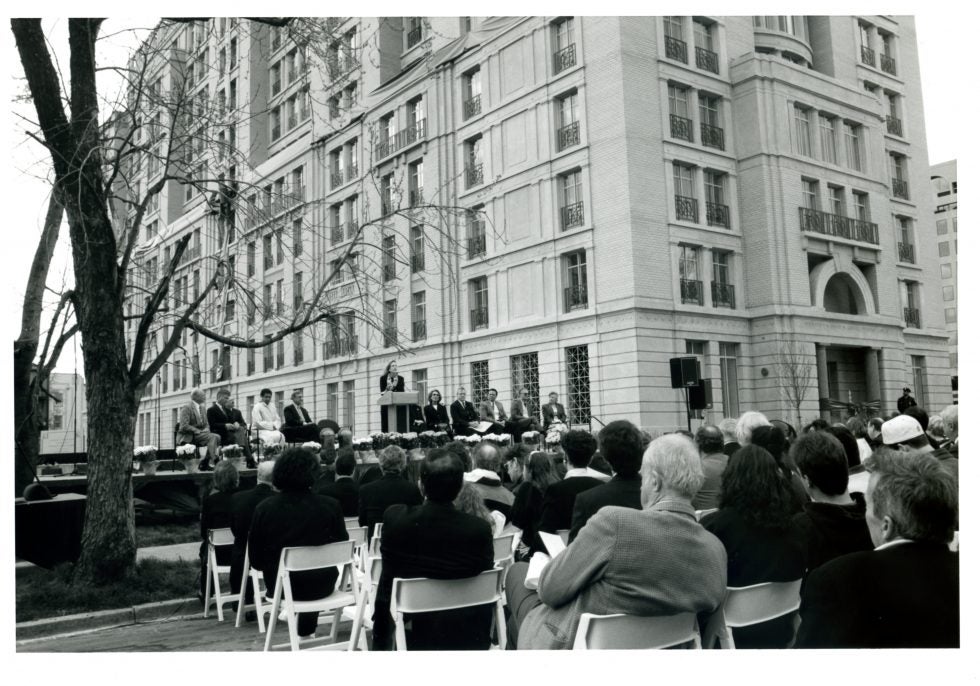
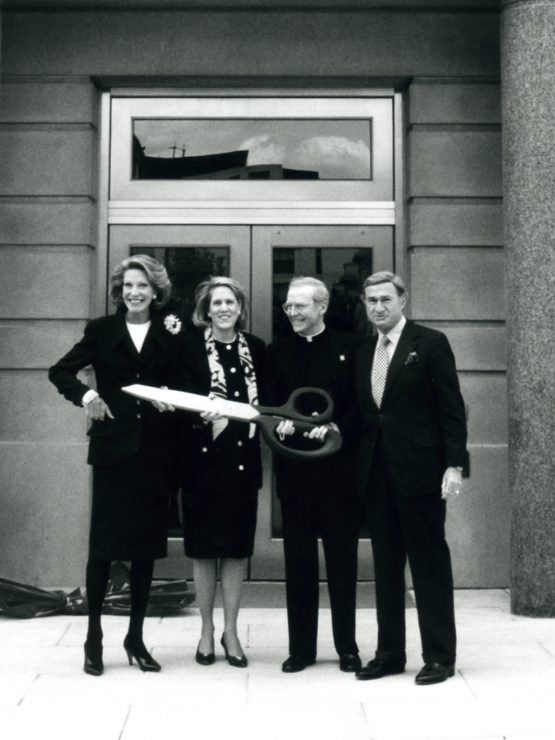
International Summer Internship Program
Coordinated by Marilyn Tucker, the International Internship Program will eventually provide practical, global experience to hundreds of students.
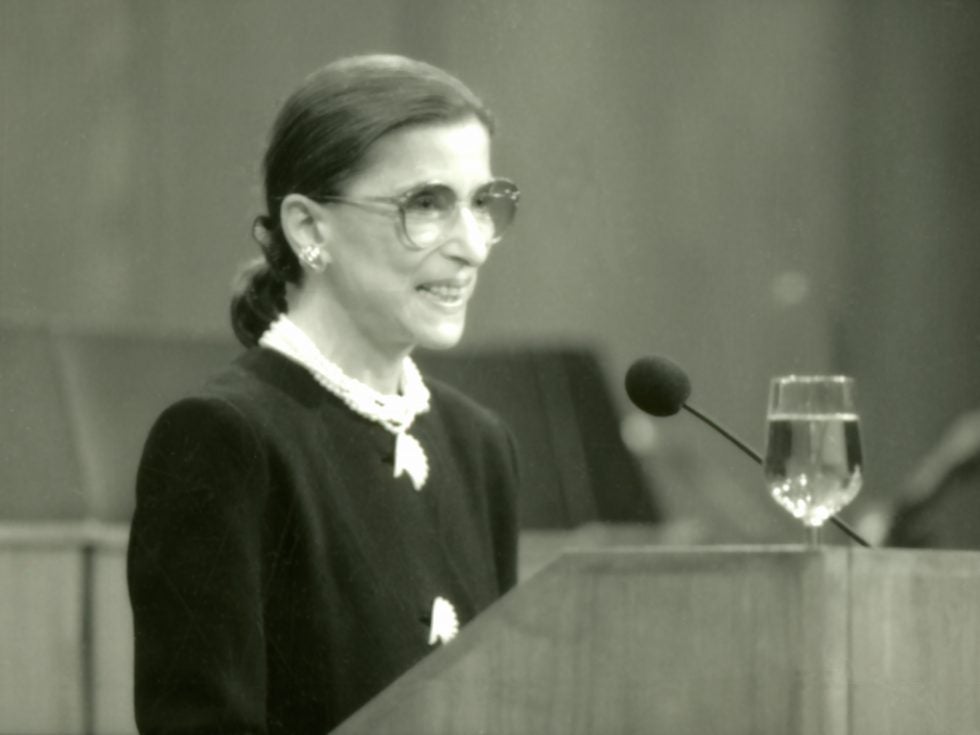
Georgetown Law moves to using tenure-track positions to hire and retain Clinical faculty members. The approach gives academic equality to a Clinical Program that is increasingly well regarded.
Supreme Court Institute
The brainchild of Prof. Richard Lazarus, the Institute’s early years are co-directed by him and Prof. Steven Goldblatt (L’70). Its Moot Court Program and other activities promote improved advocacy before the Court, advance Supreme Court scholarship by faculty, and offer students the educational opportunity of witnessing Court preparations in person. Learn More
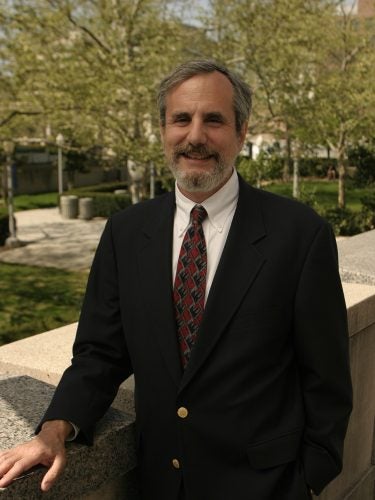
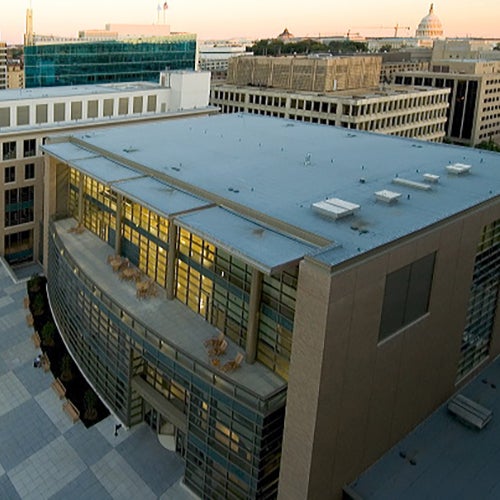
Scott K. Ginsburg Sport and Fitness Center
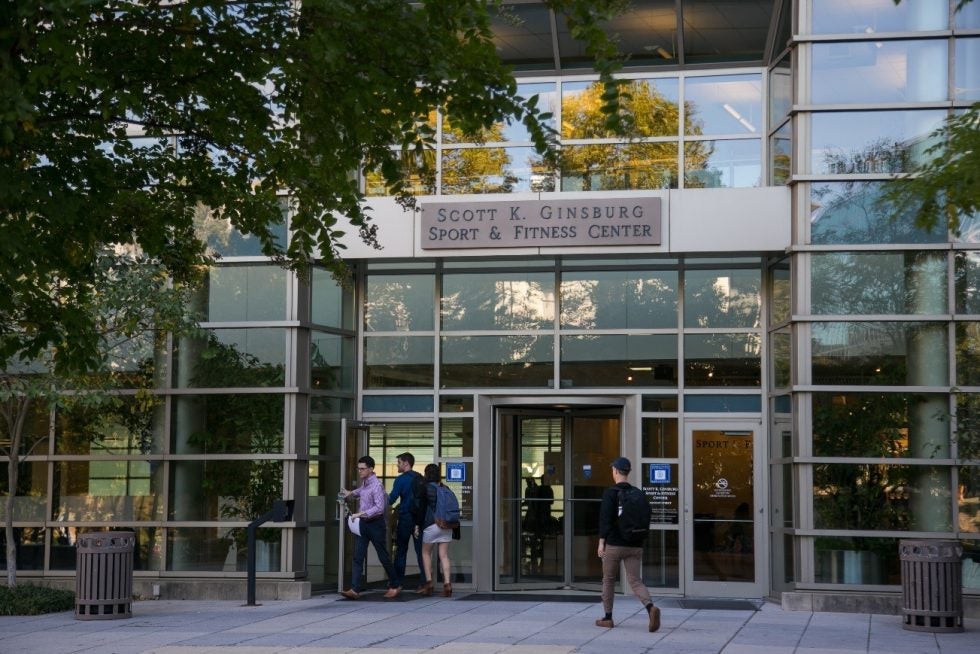
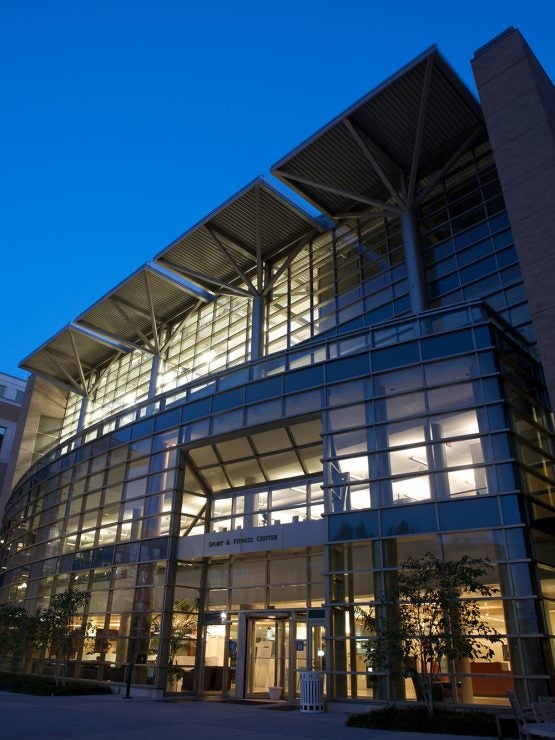
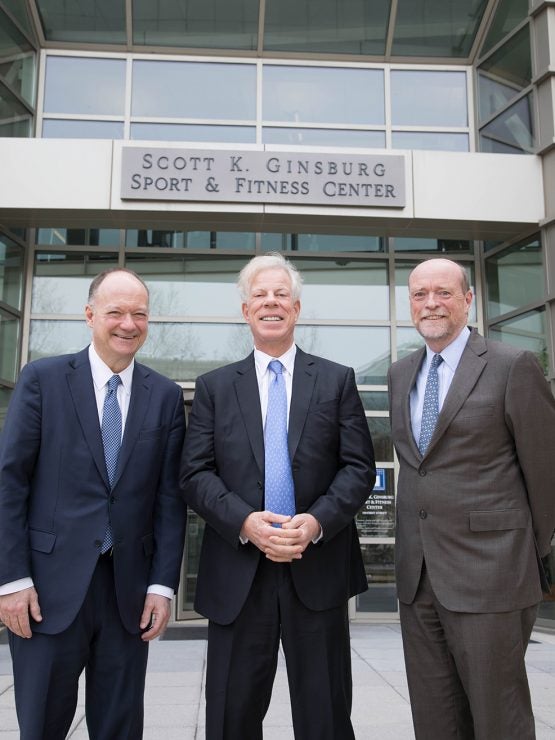
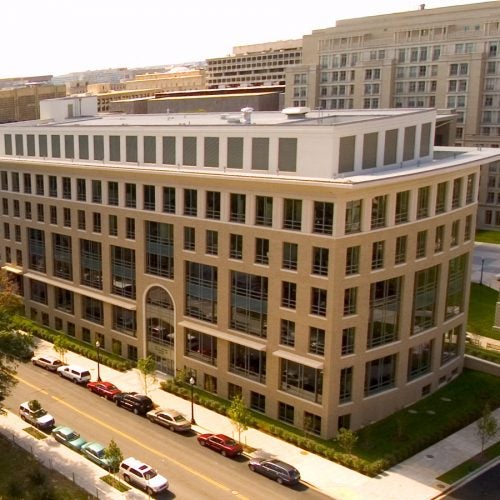
Hotung International Law Building
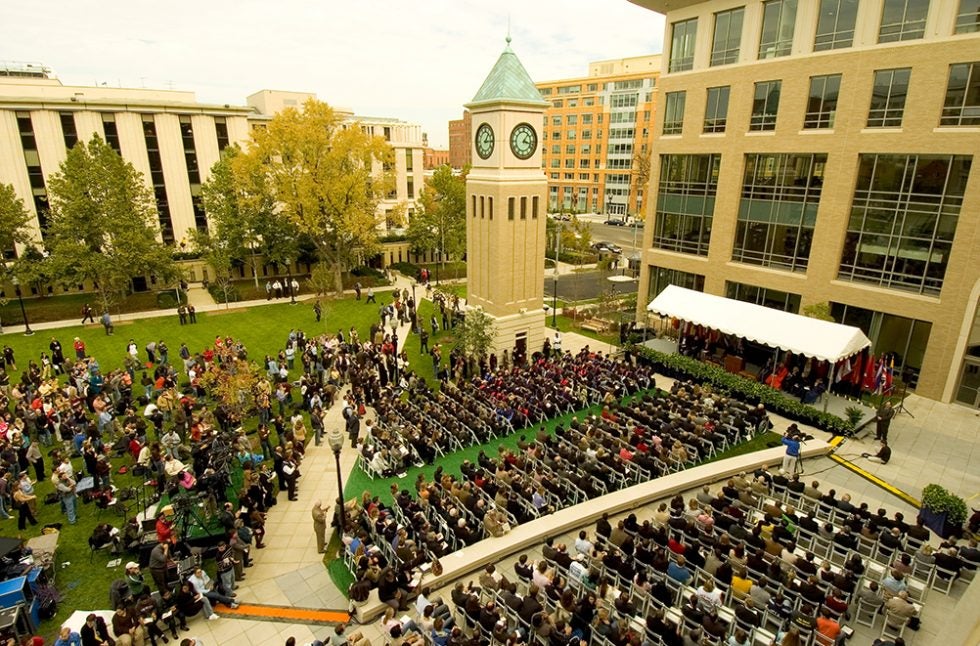
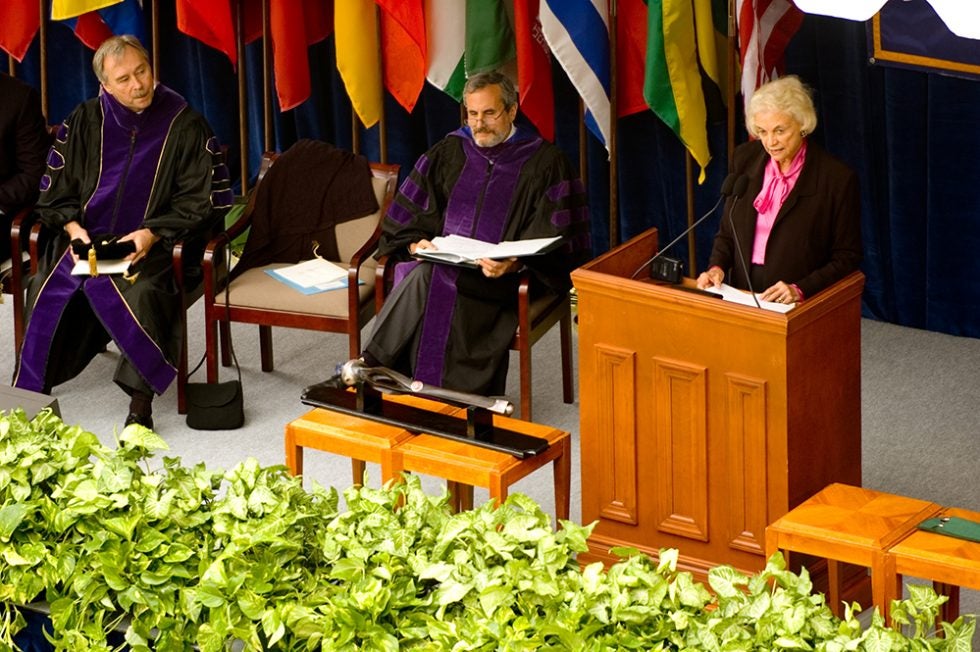
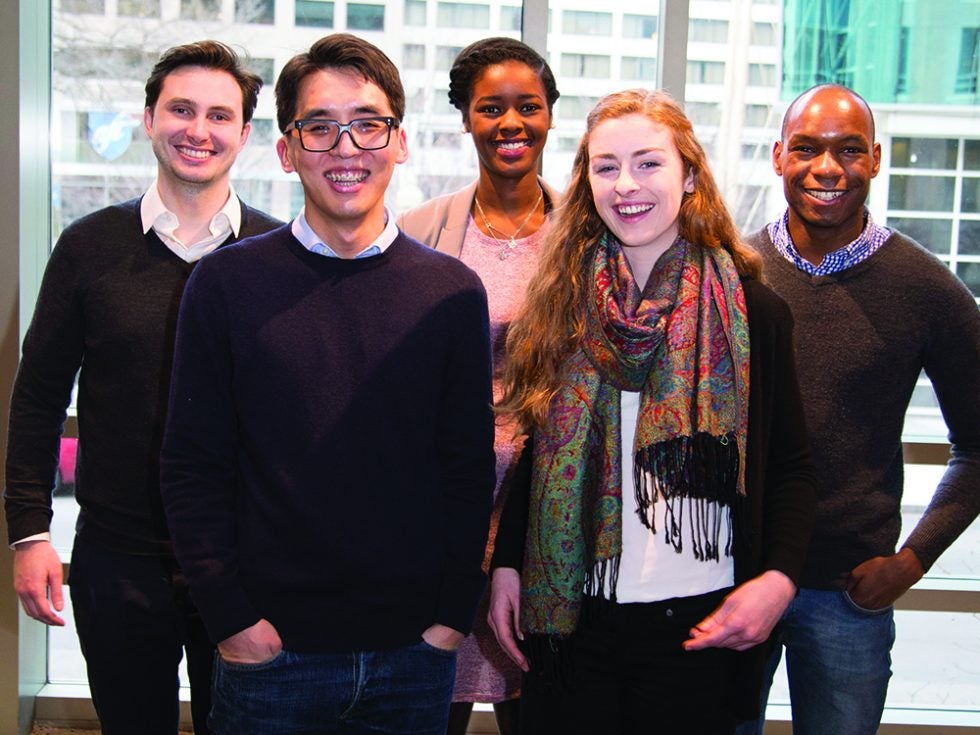
O’Neill Institute for National and Global Health Law
The Institute’s inaugural Faculty Director and the founding O’Neill Chair in Global Health Law is Lawrence Gostin. The O’Neill Institute responds to the need for innovative solutions to the most pressing national and international health concerns.
European Law Alumni Advisory Board is established.
Asian Law Alumni Advisory Board is established.
Georgetown Climate Center
Led by Executive Director Vicki Arroyo, the non-partisan center works with government officials, academics, and an array of stakeholders to advance effective climate and energy policies in the United States. It serves as a resource for state and local communities working to cut carbon pollution and prepare for climate change.
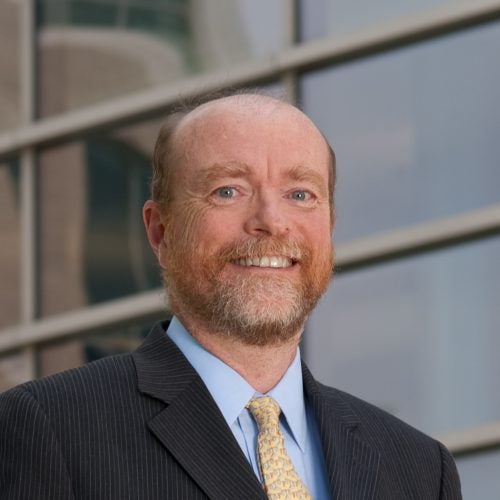
Deanship of William M. Treanor
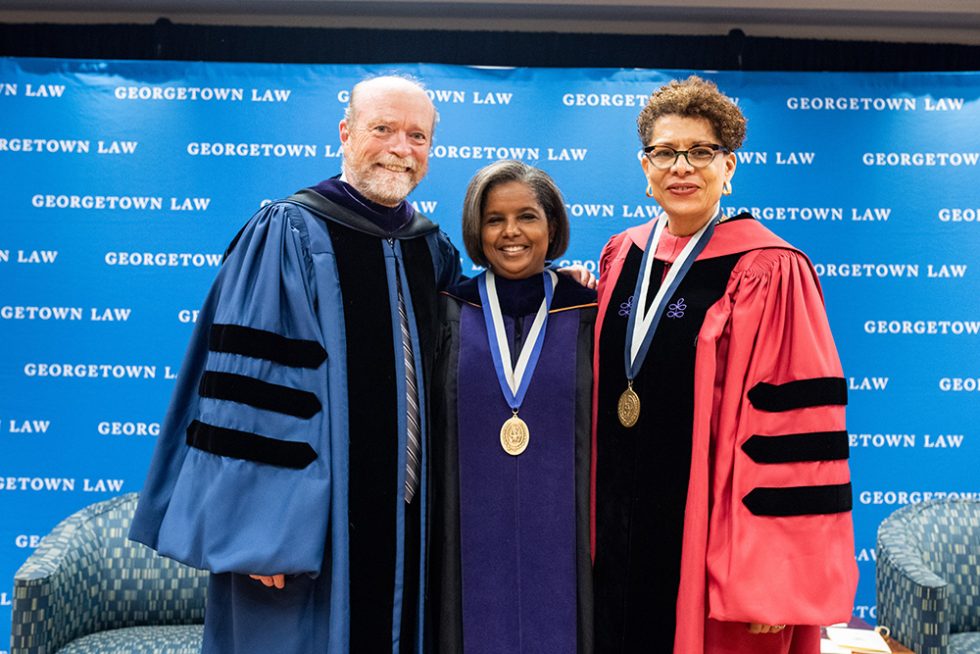
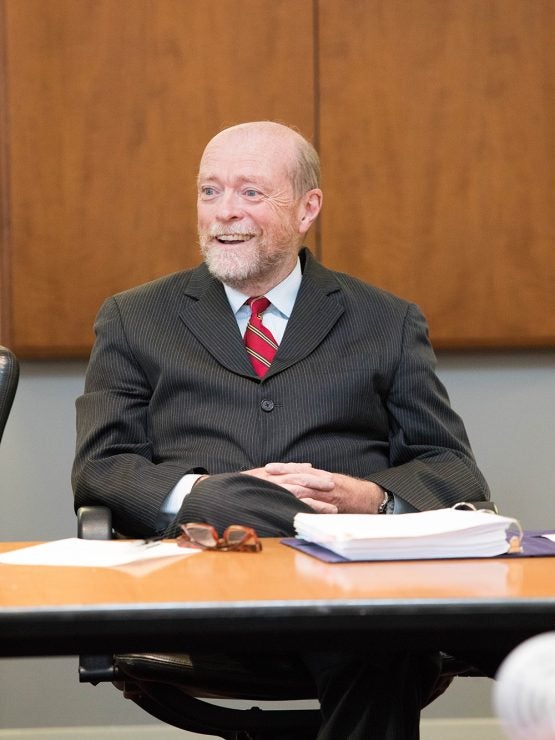
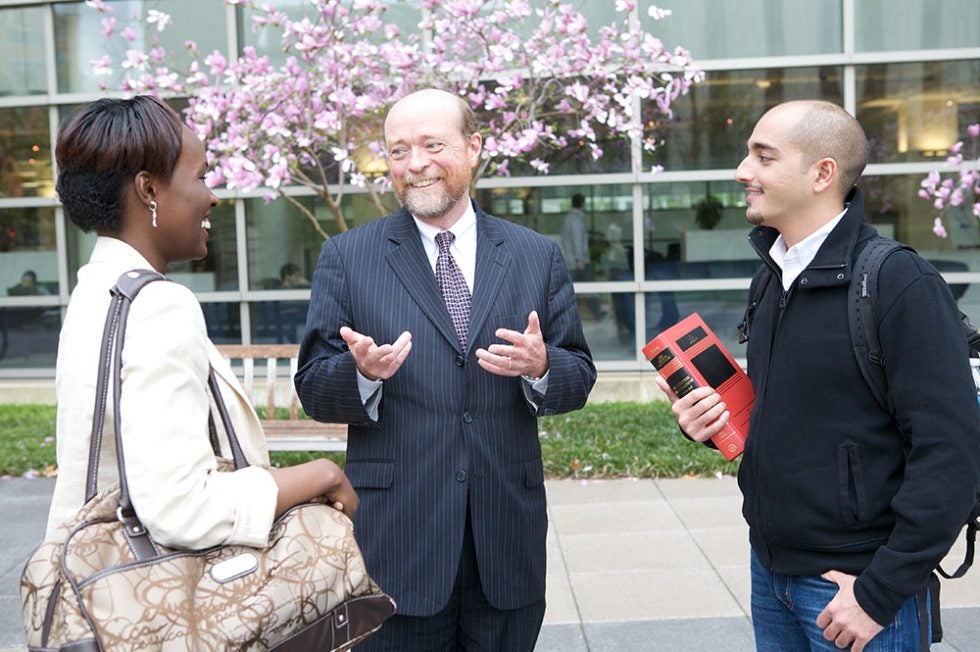
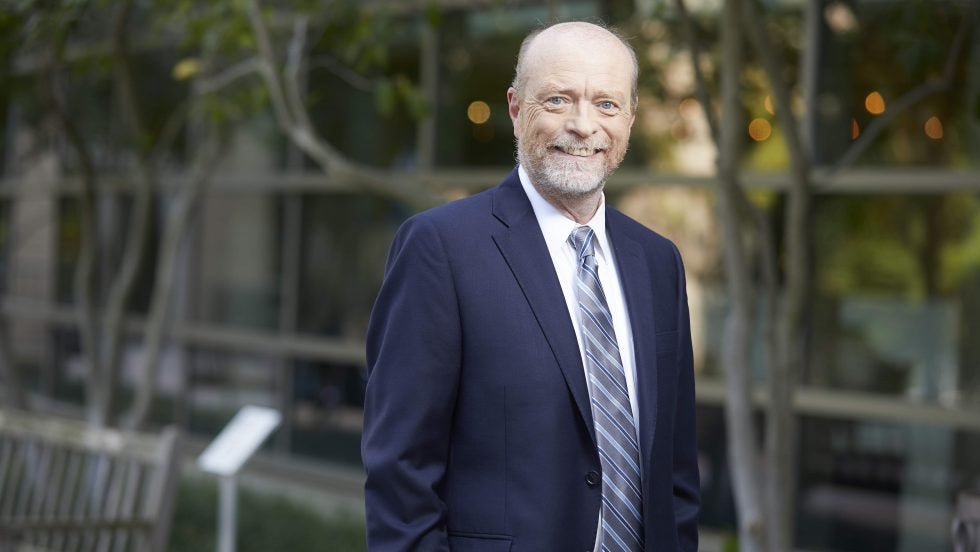
Business Skills Program
Directed by Prof. Stephen P. Hills, the program’s Business Law Scholars will receive practical training, mentoring, connections to top business executives and corporate attorneys, and dedicated coursework in business essentials and leadership.
Latin American and Caribbean Law Alumni Advisory Board is established.
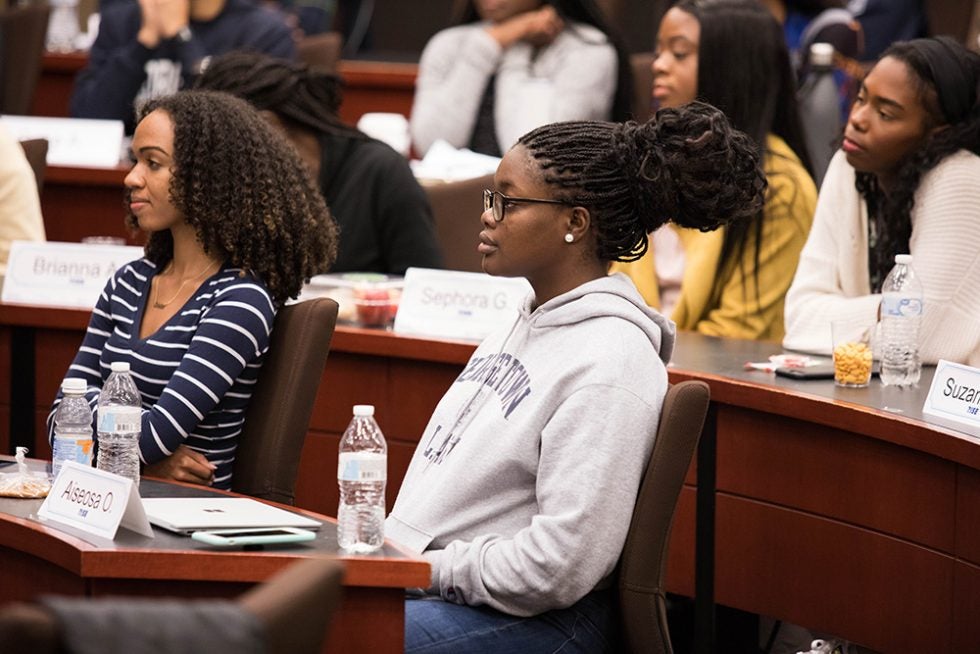
International Competition Renamed for Prof. John H. Jackson
Jackson conceived the global multilateral trading system, helped envision the World Trade Organization, and founded the Law Center’s Institute for International Economic Law in 1999.
Intellectual Property and Information Policy Clinic
Directed by Amanda Levendowski, the clinic exposes students to substantive intellectual property law and information policy through a social justice lens. It offers strategic counseling for individuals, non-profit organizations, and consumer groups engaged with intellectual property and information policy matters from a public interest perspective.
500 1st Street, NW
Many Georgetown Law centers and institutes will relocate to the building. They will be joined by several McCourt School of Public Policy centers and institutes, as well as the University’s recently created Capitol Applied Learning Lab and Center for Security and Emerging Technology. The new opportunities for multi-disciplinary collaboration are expected to produce innovative solutions across such disparate fields as health, technology, climate, education, and human rights.
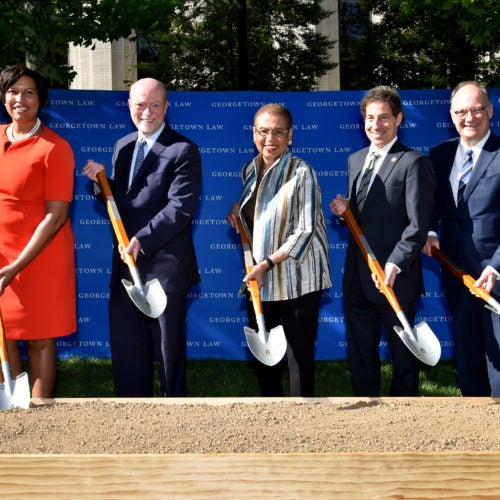
Eleanor Holmes Norton Green Dedicated
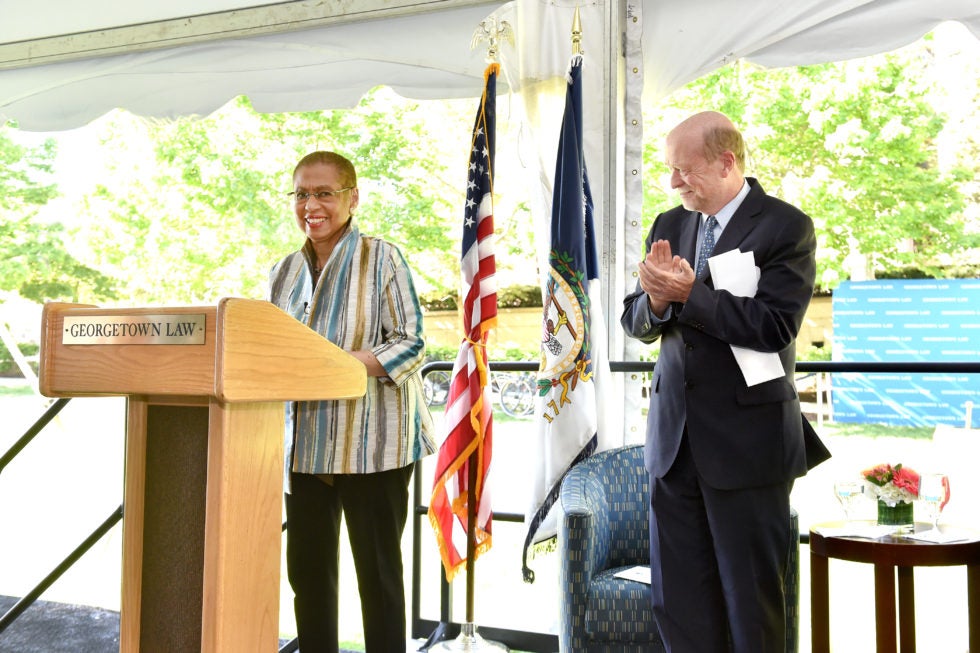
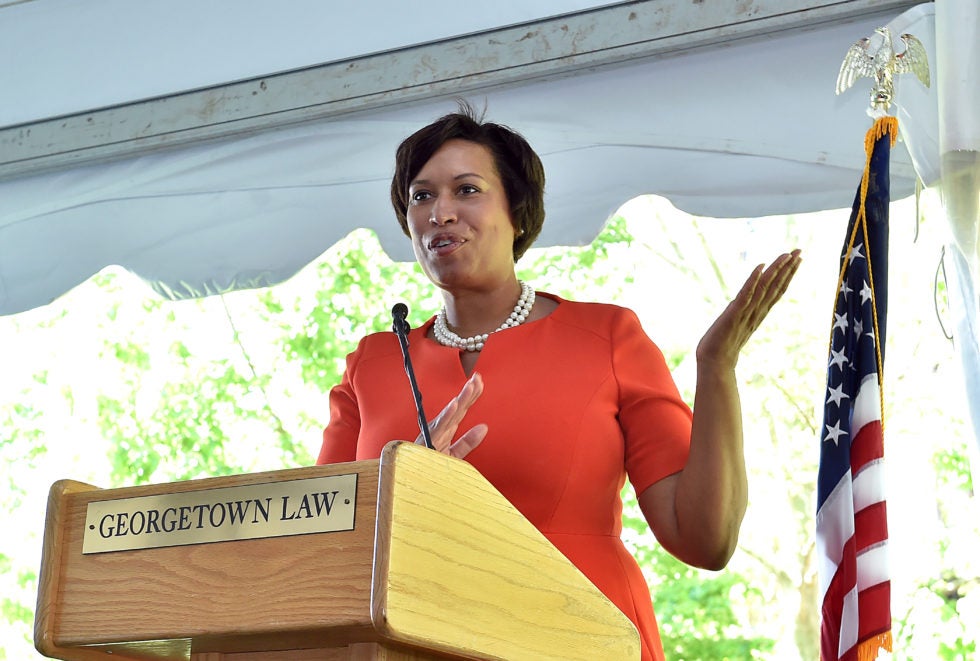
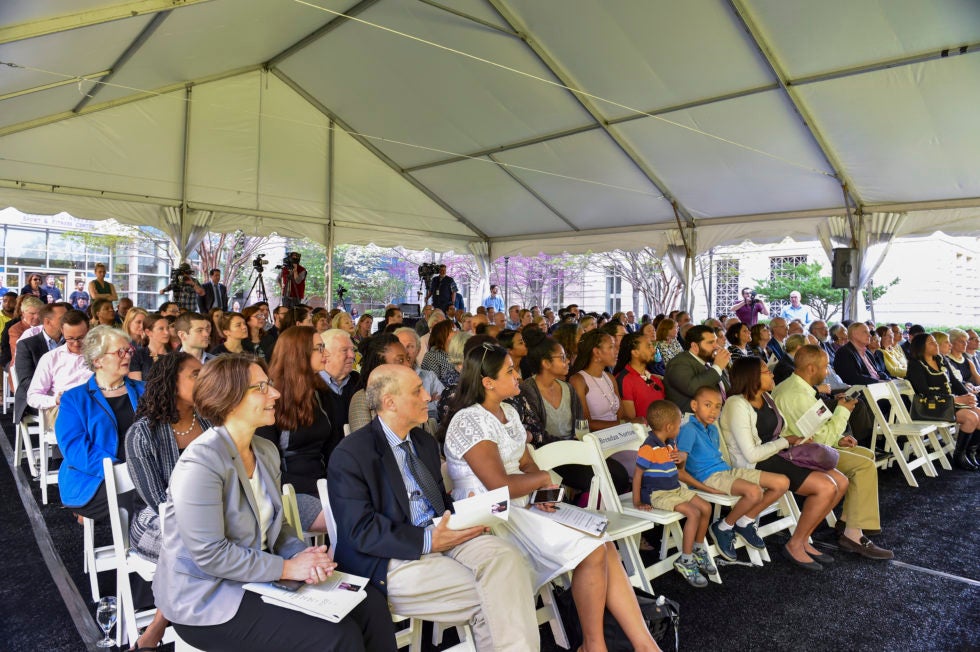
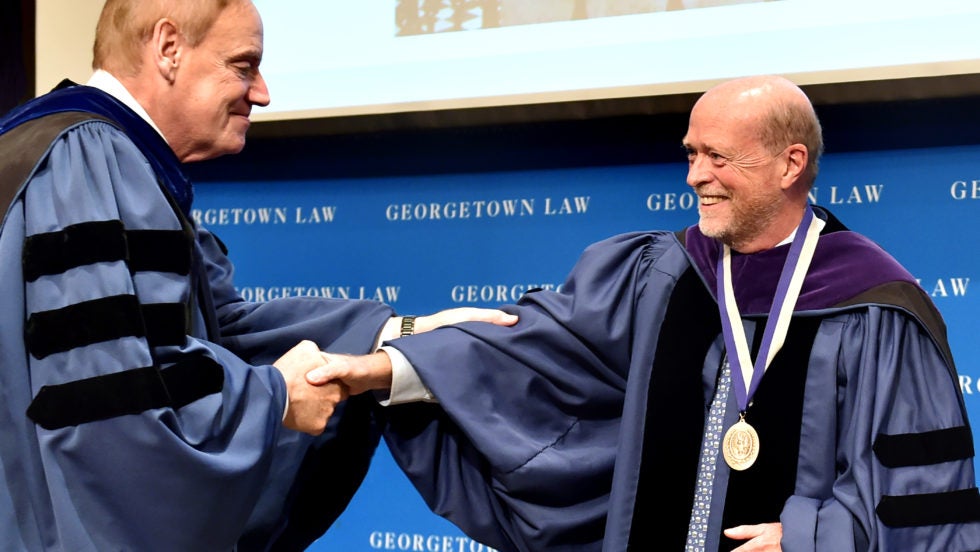 Play Video
Play Video
The Law Center responds to the COVID-19 pandemic with a world-class remote learning plan, innovative work from its centers and institutes, and a renewed emphasis on the Jesuit principles of public service, and cura personalis, care of the whole person.
Learn MoreFirst African American Editor of Georgetown Law Journal
She succeeds Grace Paras (L’20), who served during a historic year when the 16 top-ranked law schools in America elect women to serve as their journals’ editors.
Two new degree programs are announced: the LL.M in Technology Law and Policy and the Master of Law and Technology (M.L.T.), a program for non-lawyers that is the first of its kind in the nation.
Learn More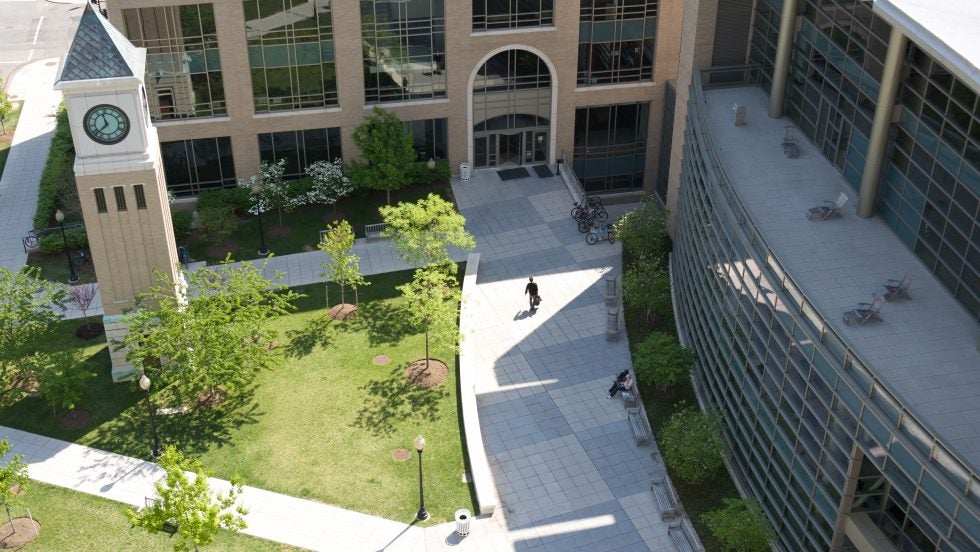 Play Video
Play Video
